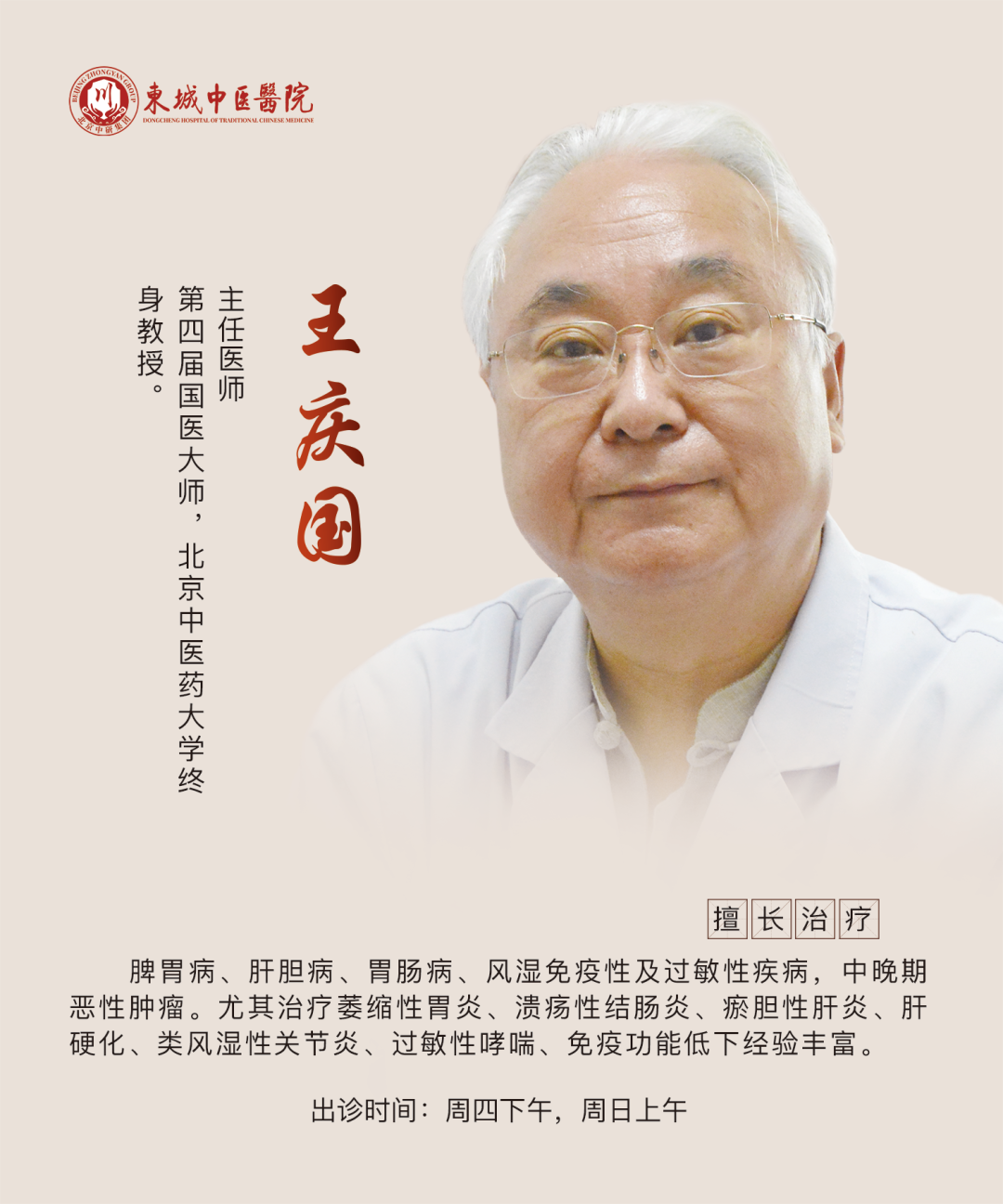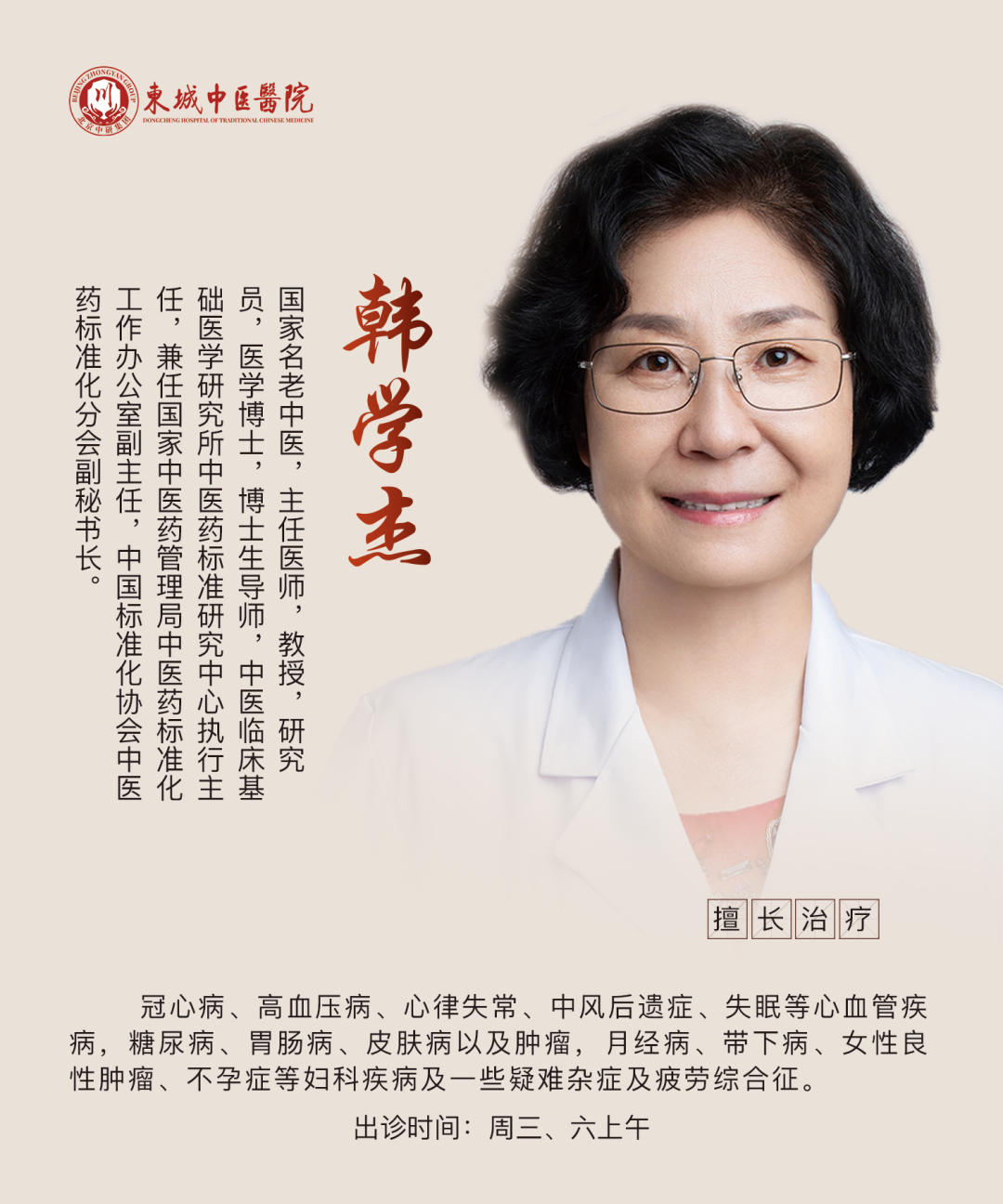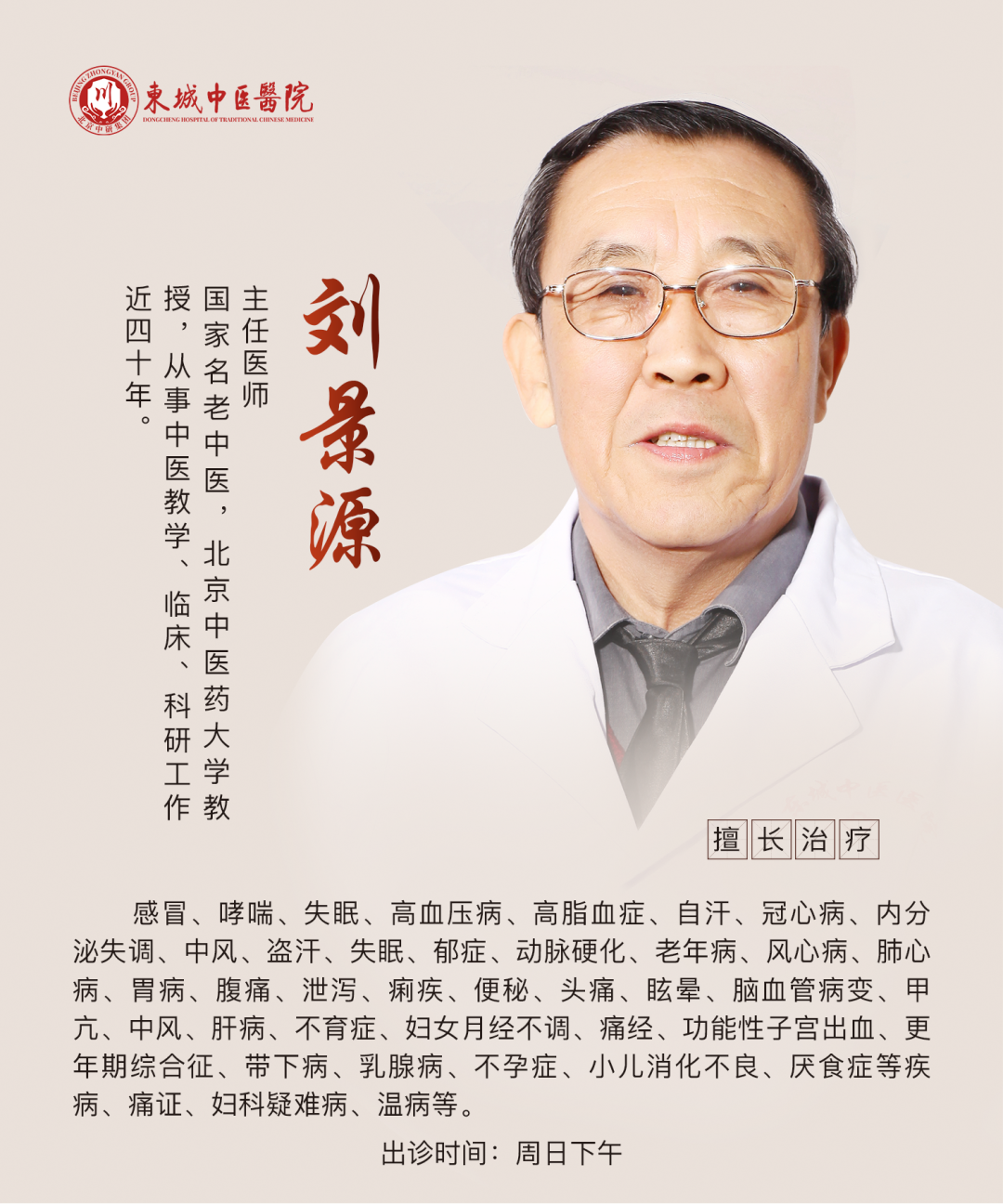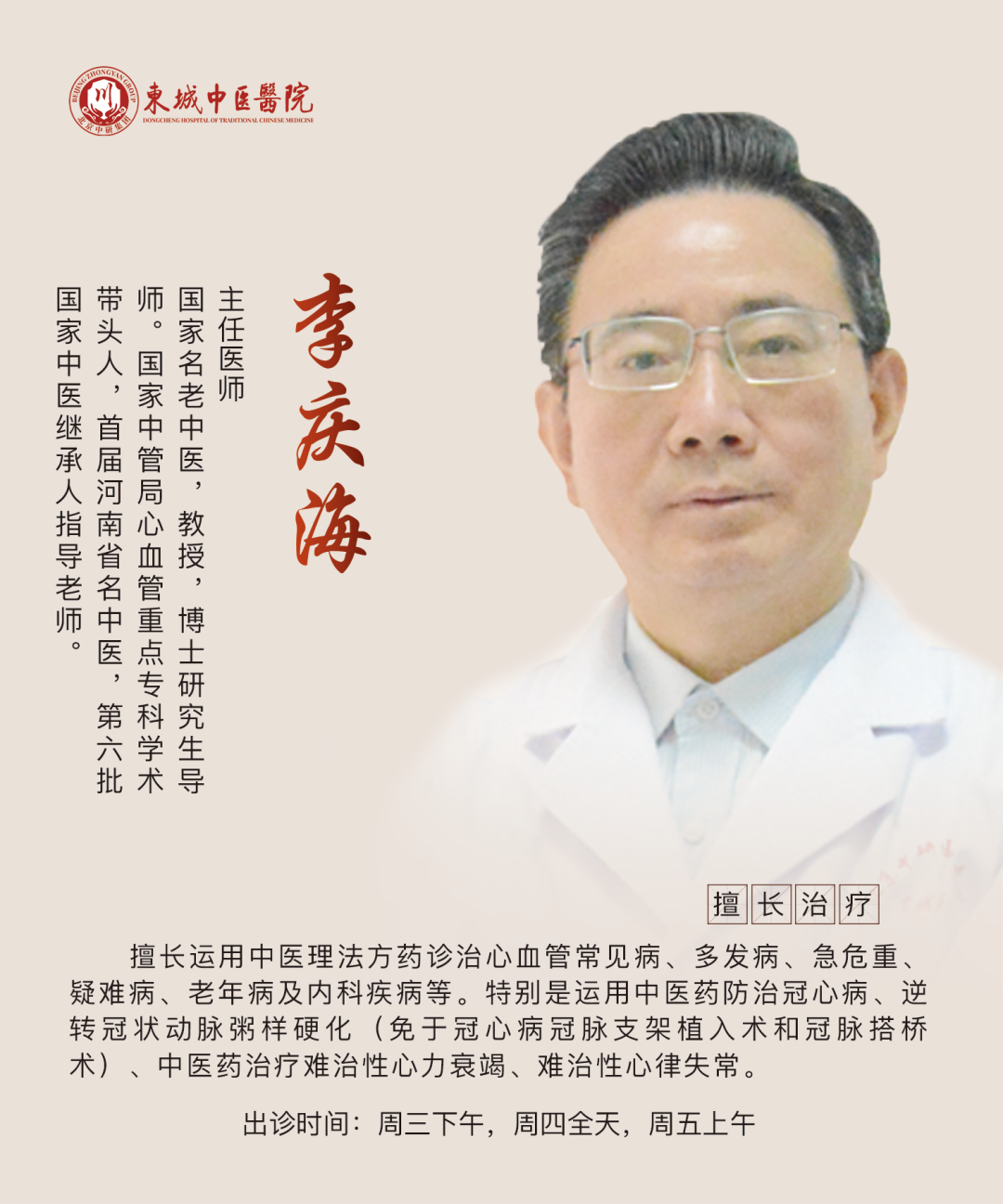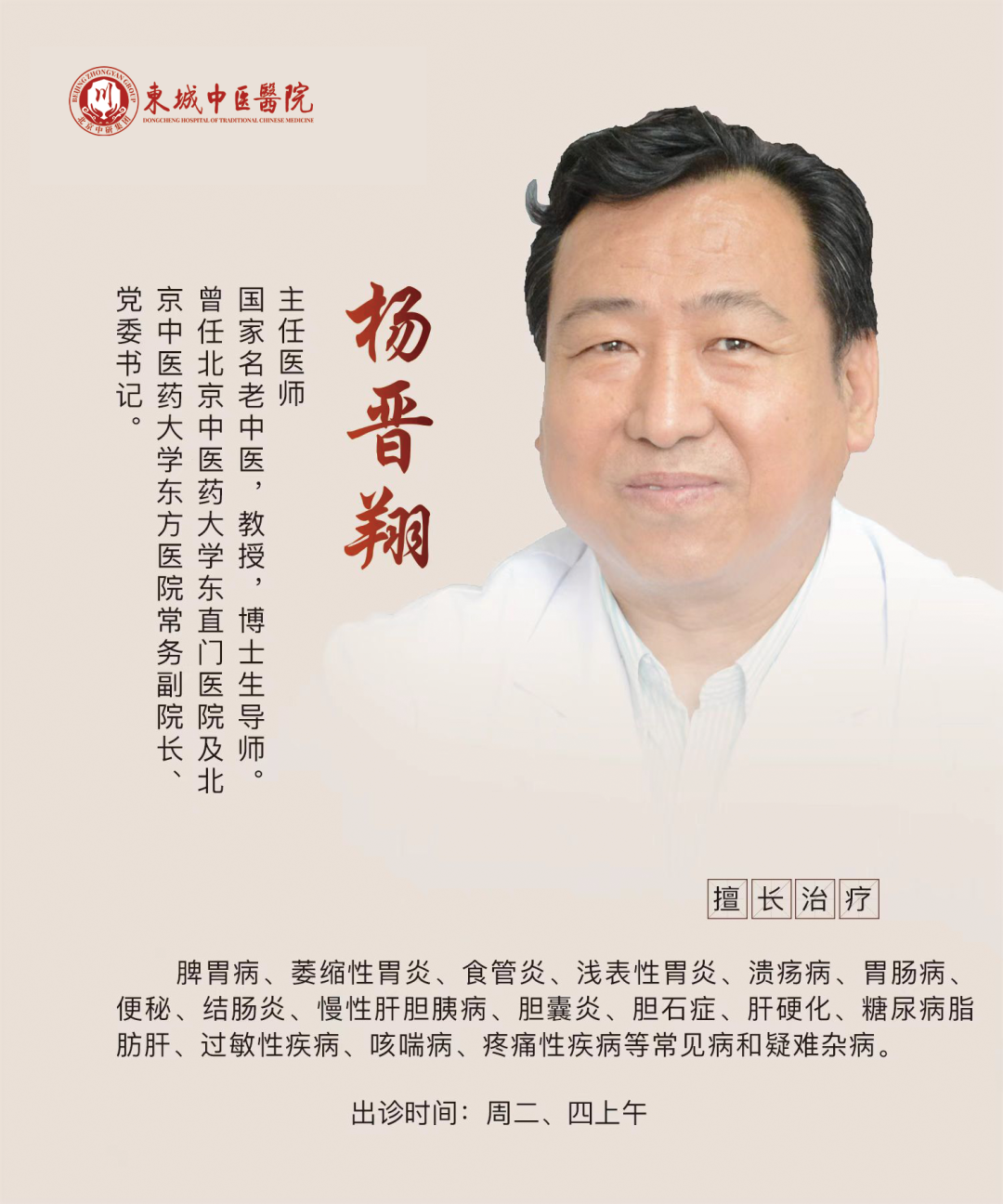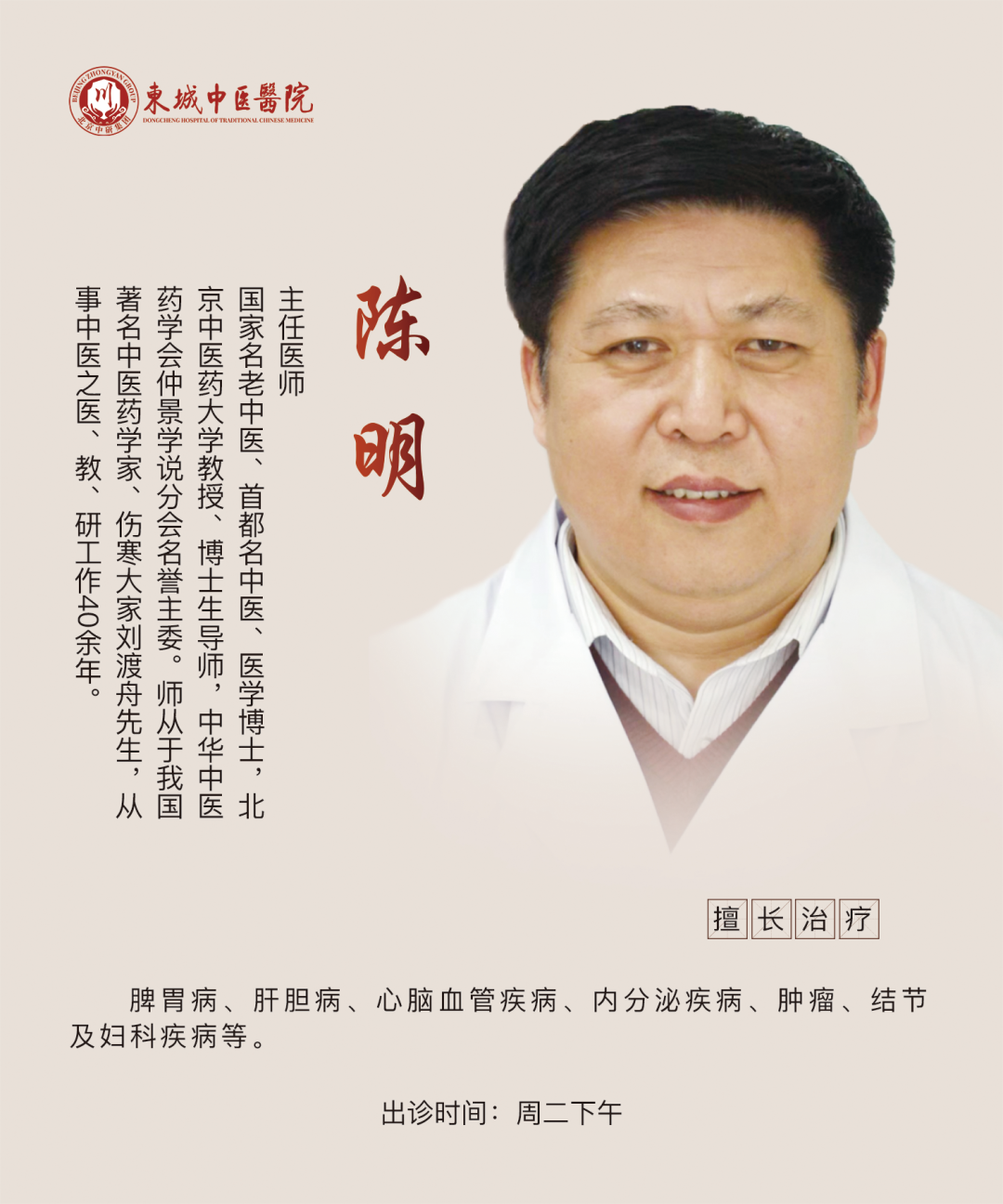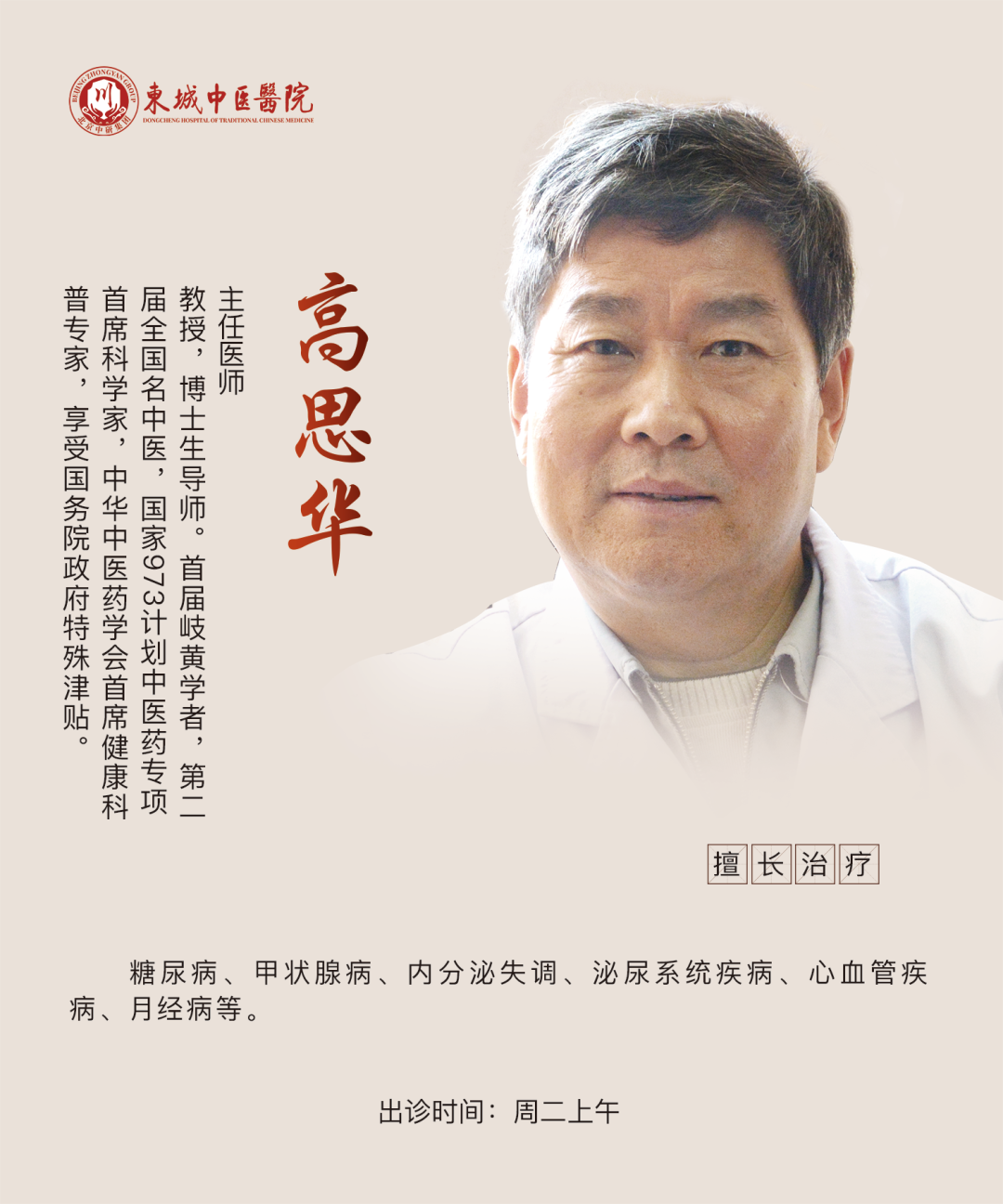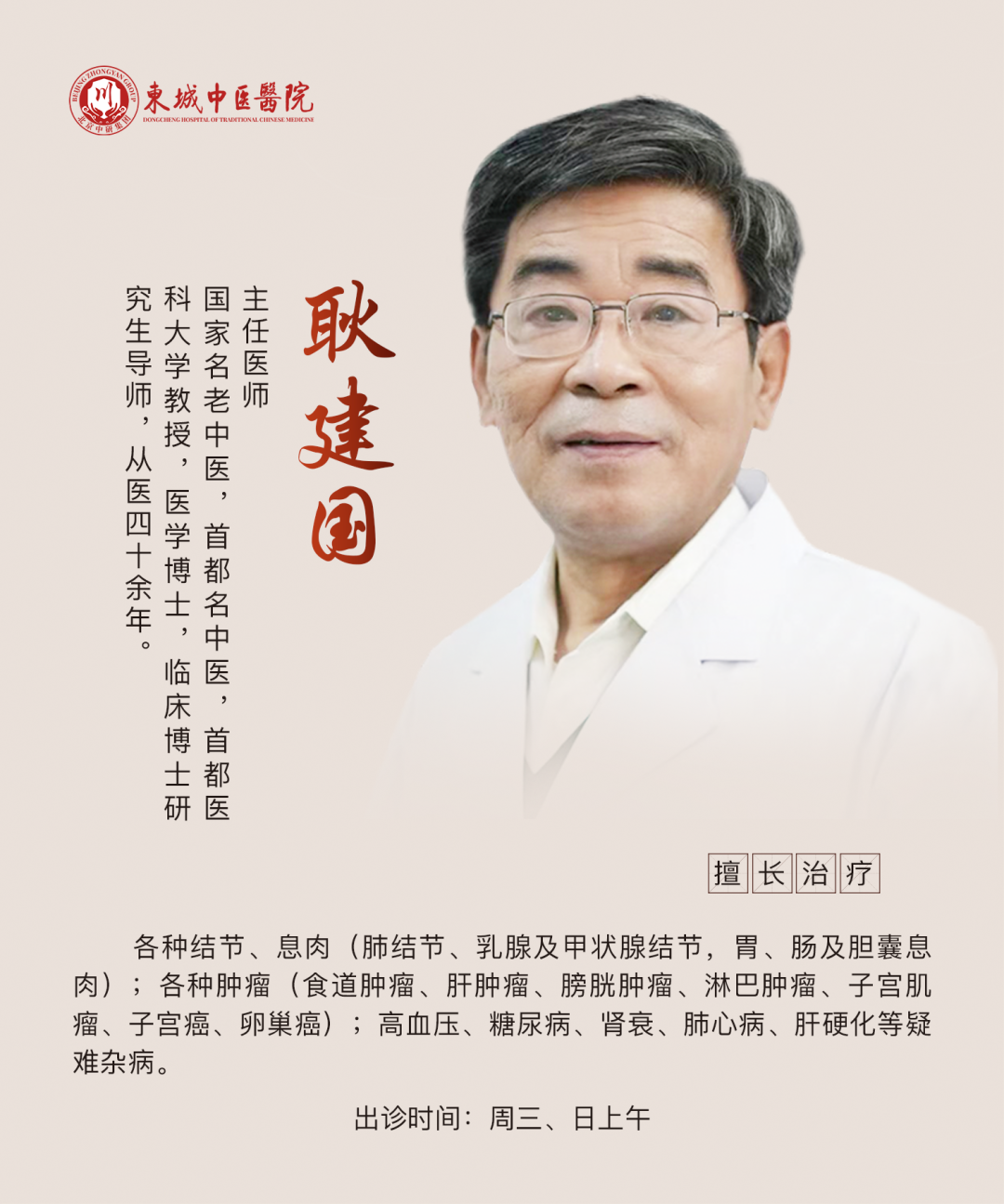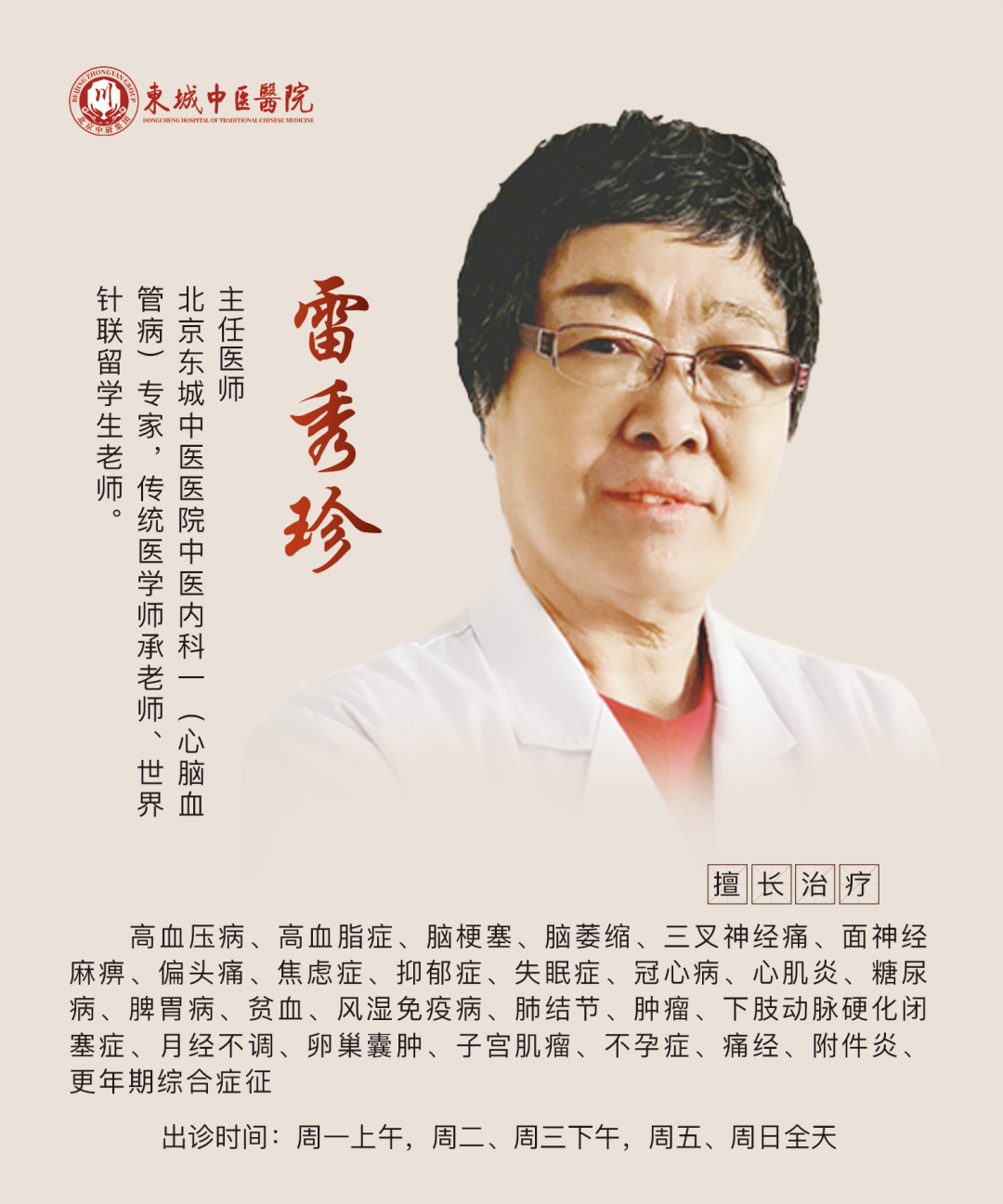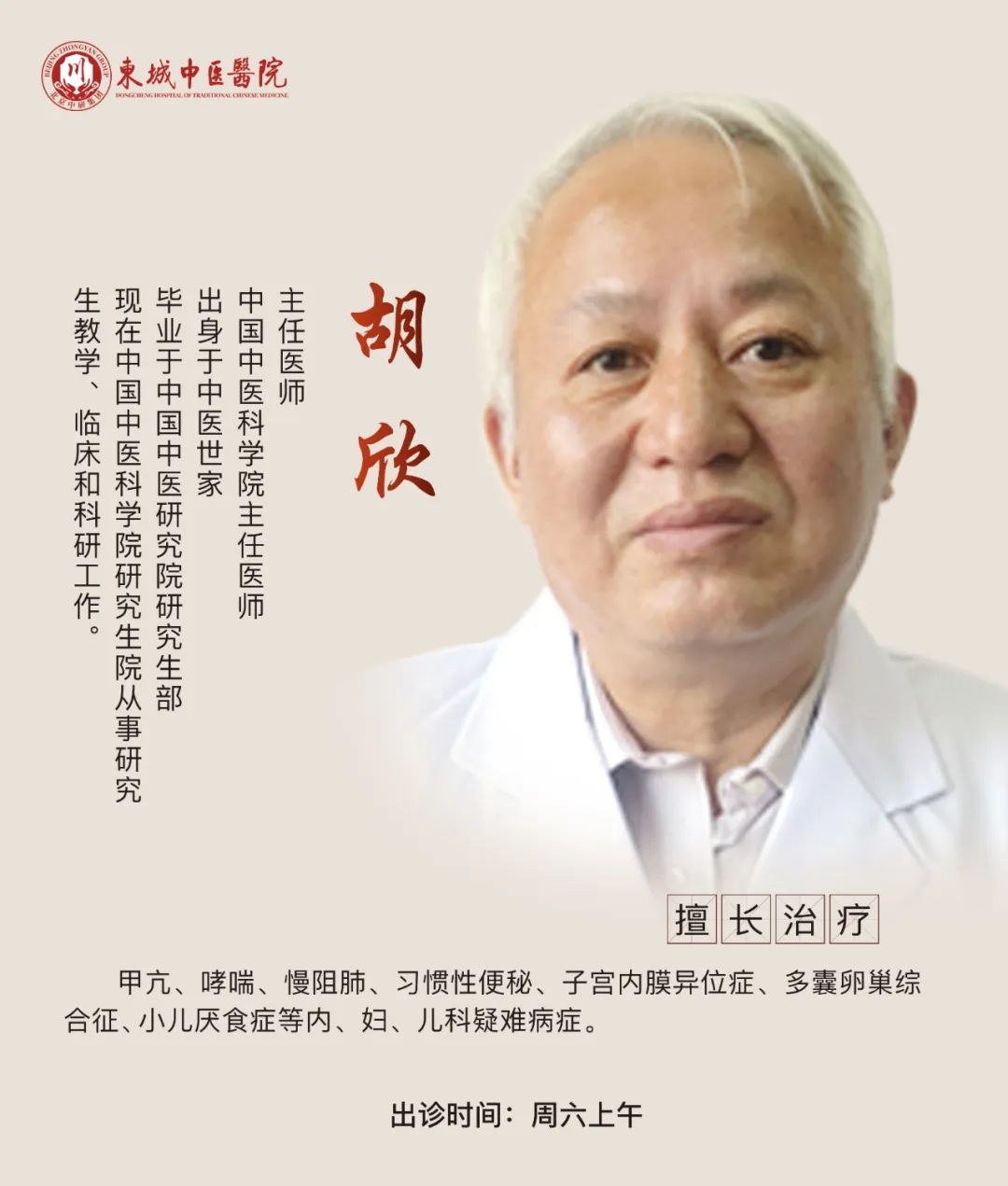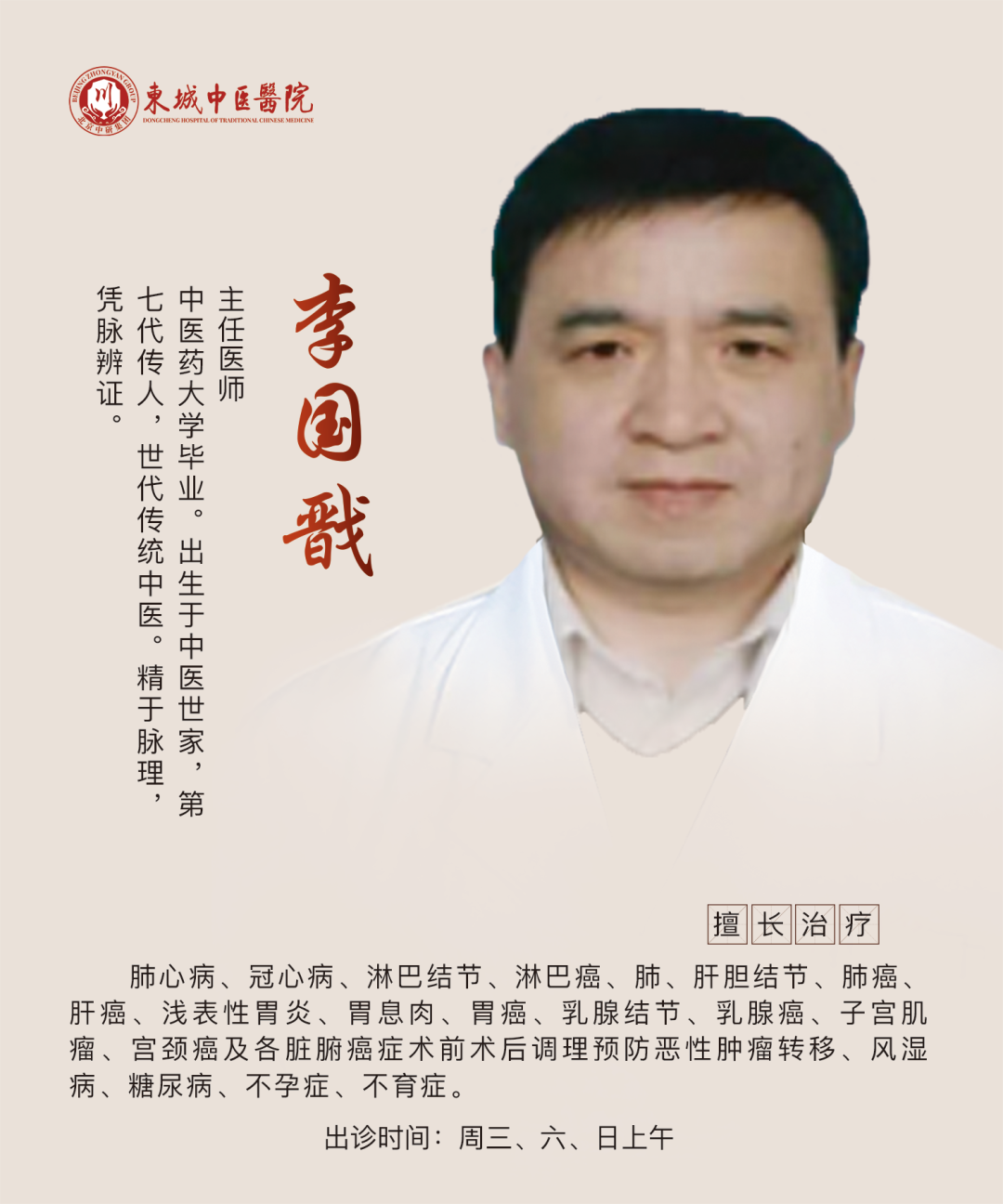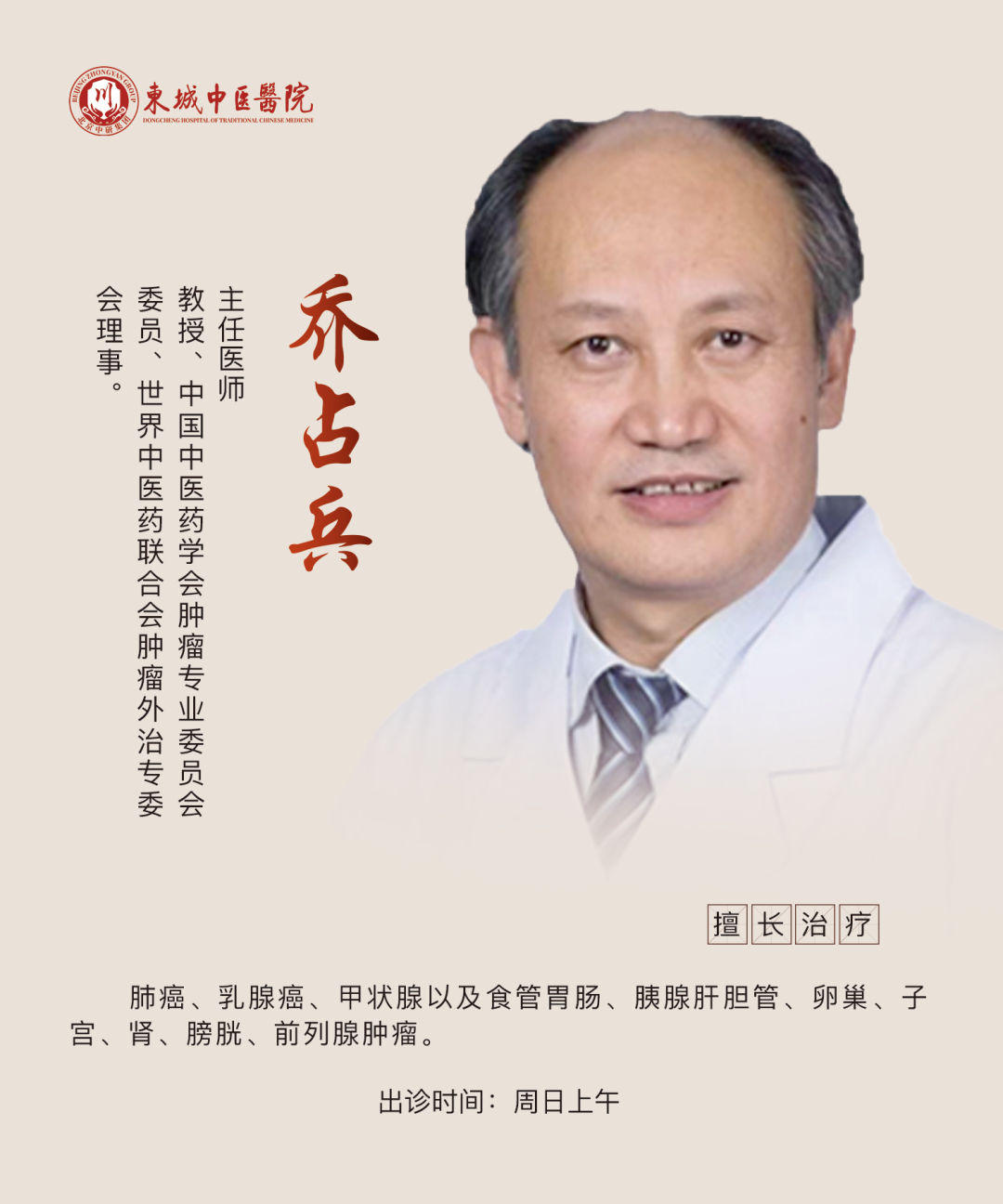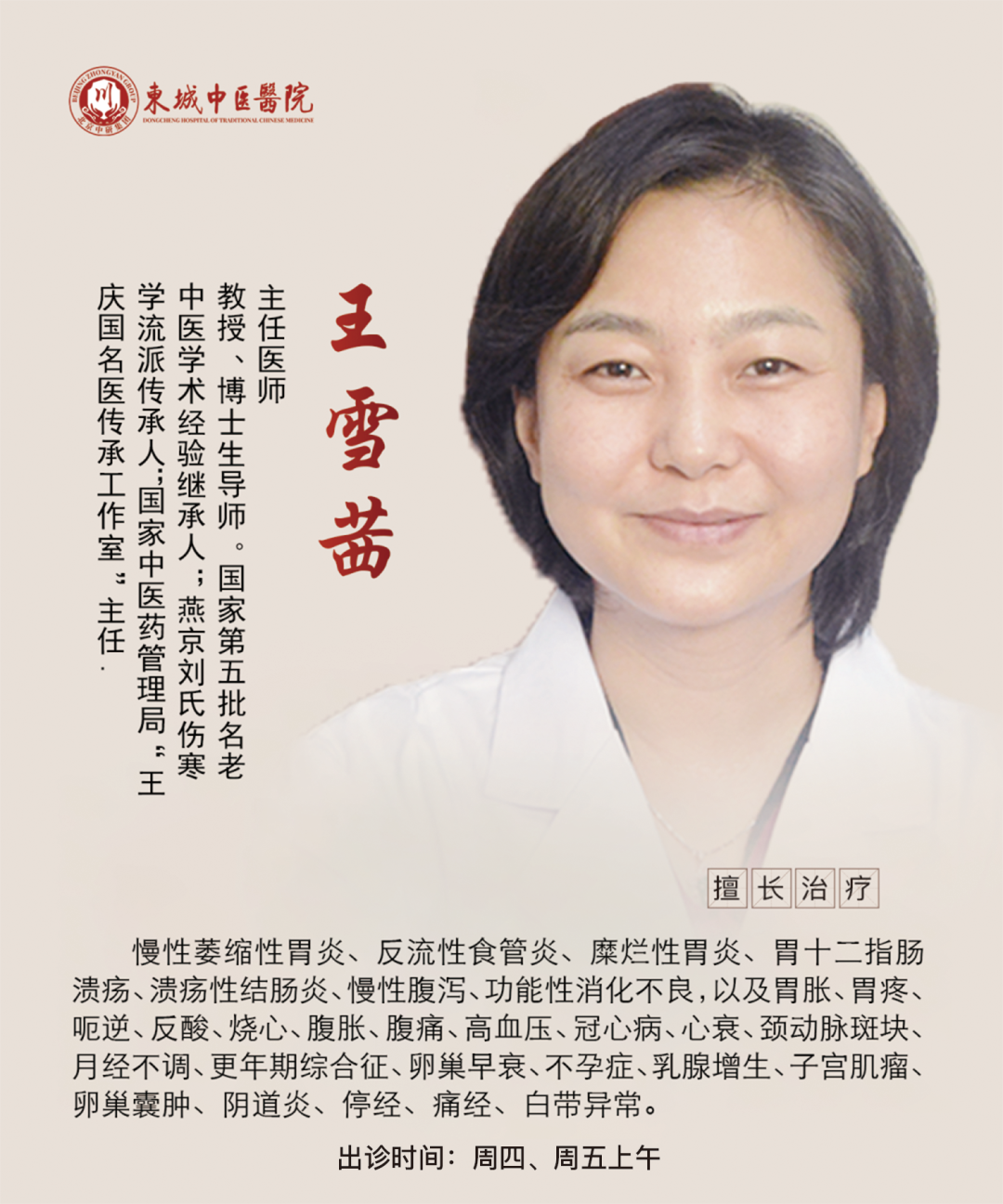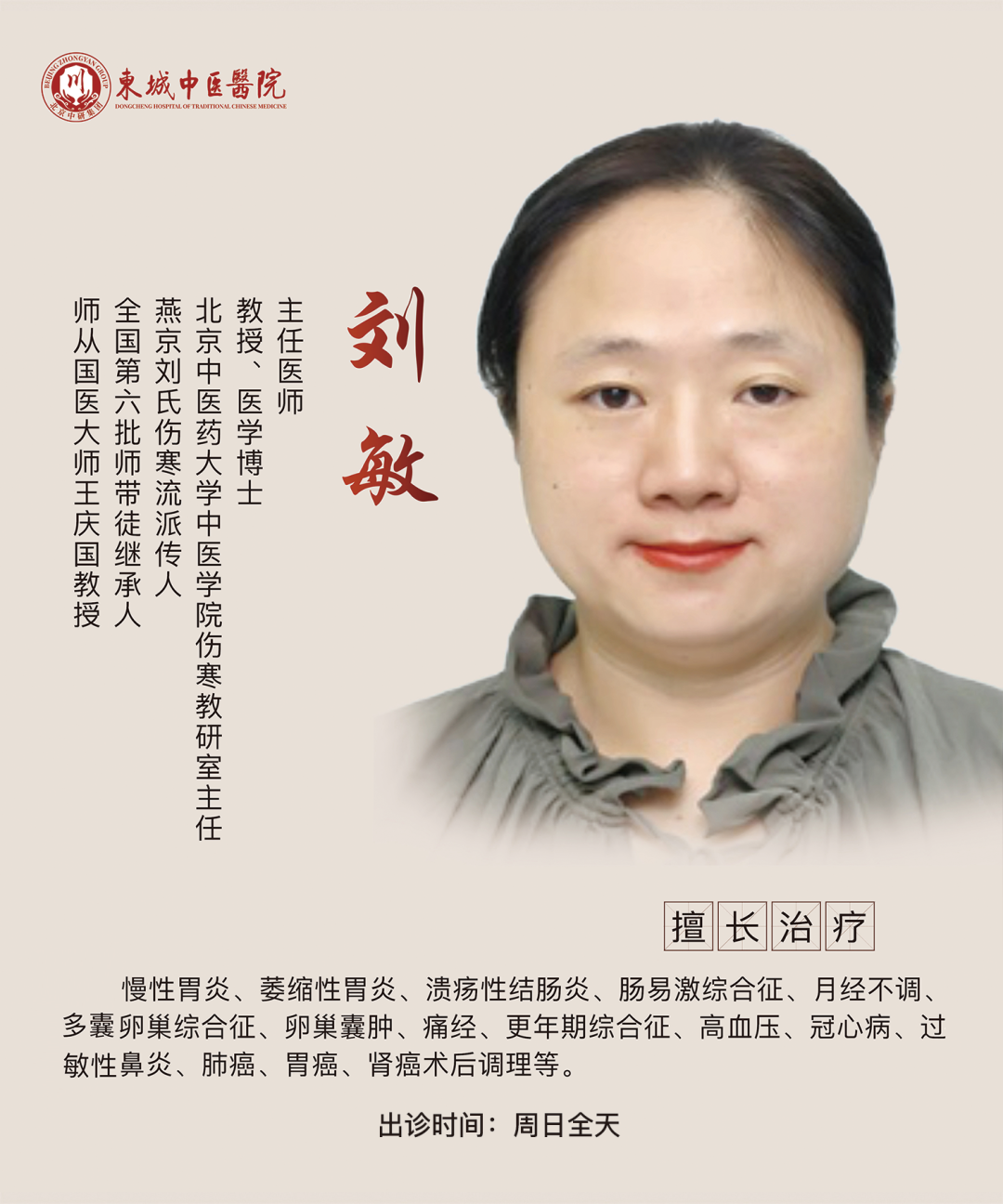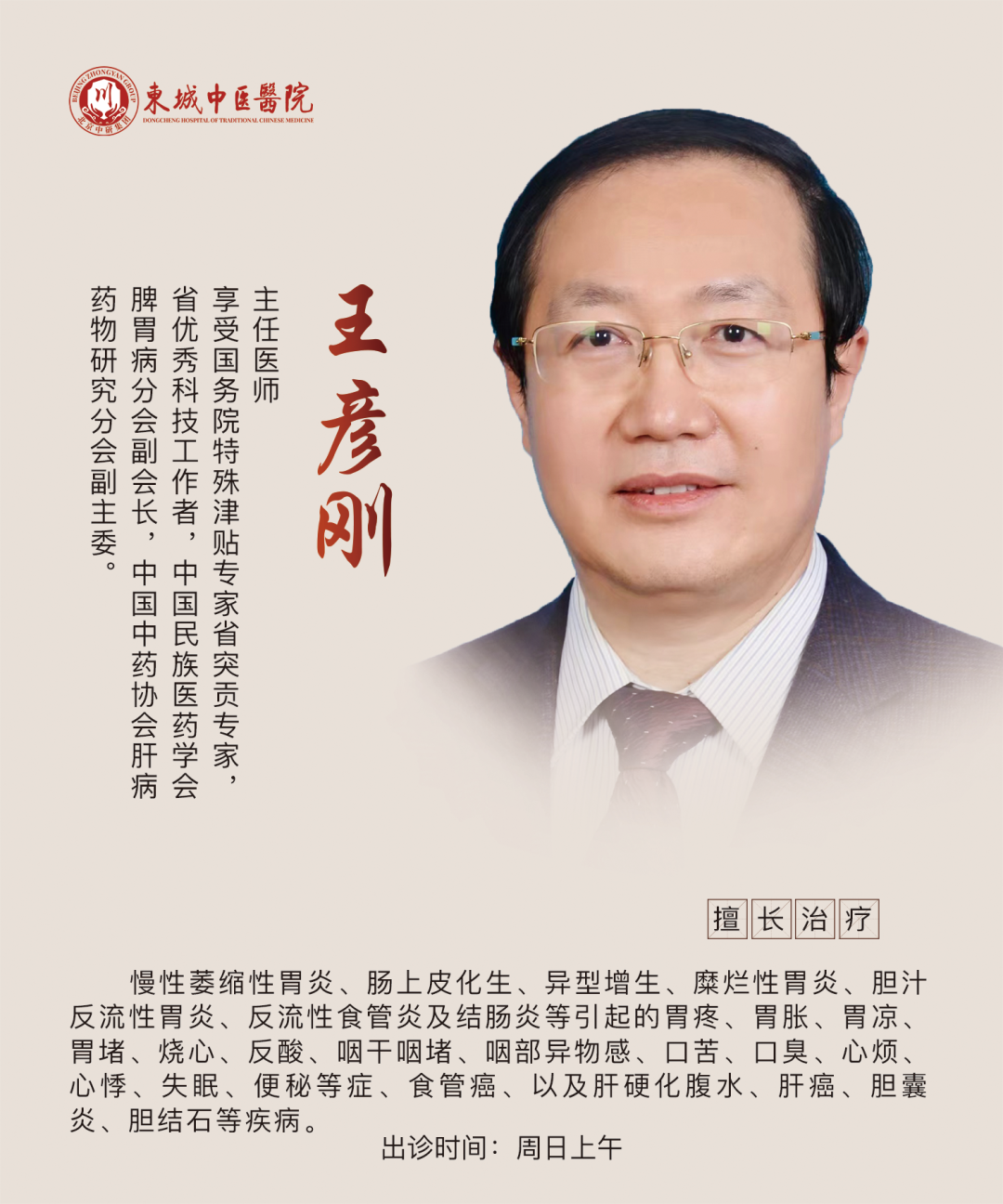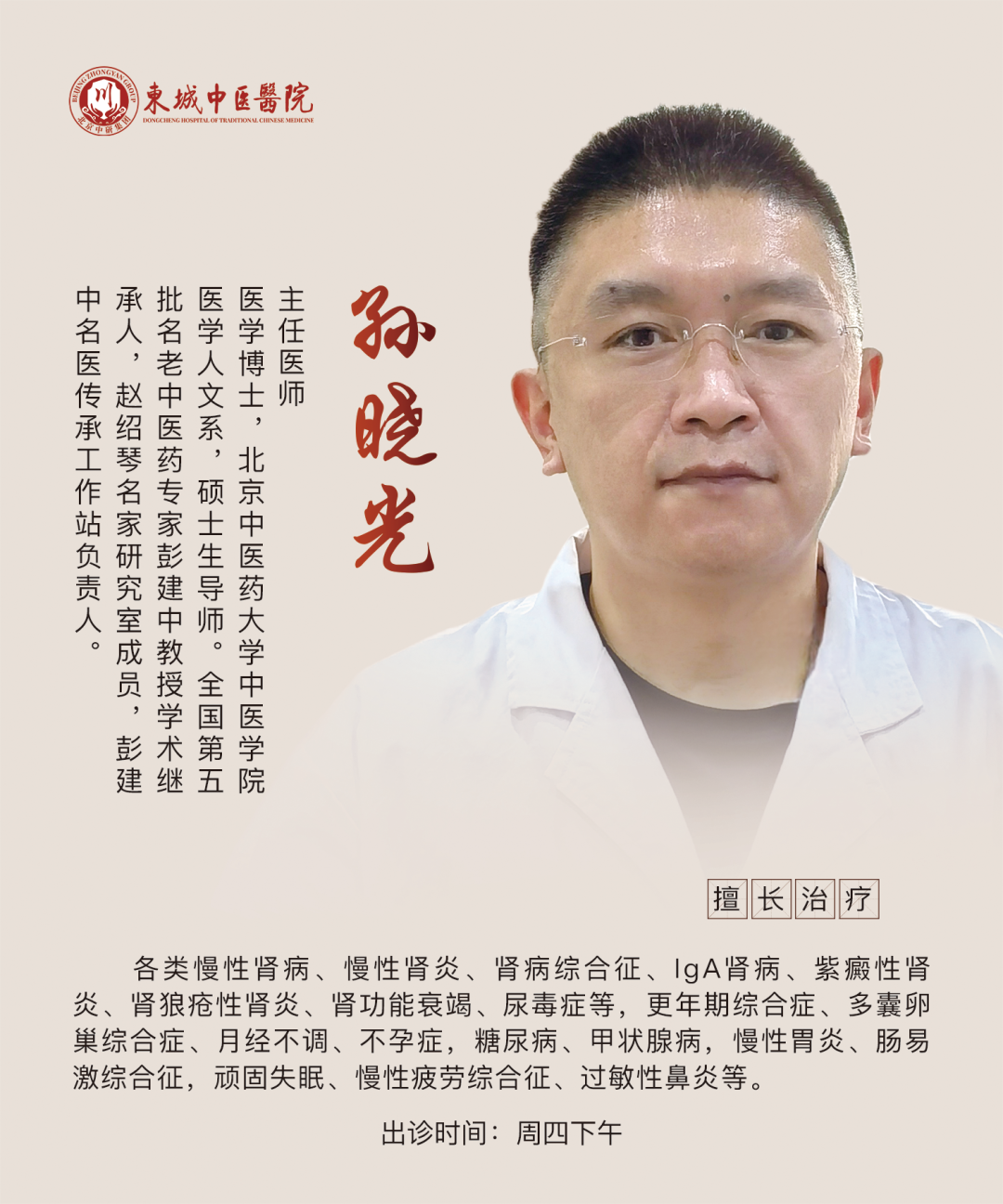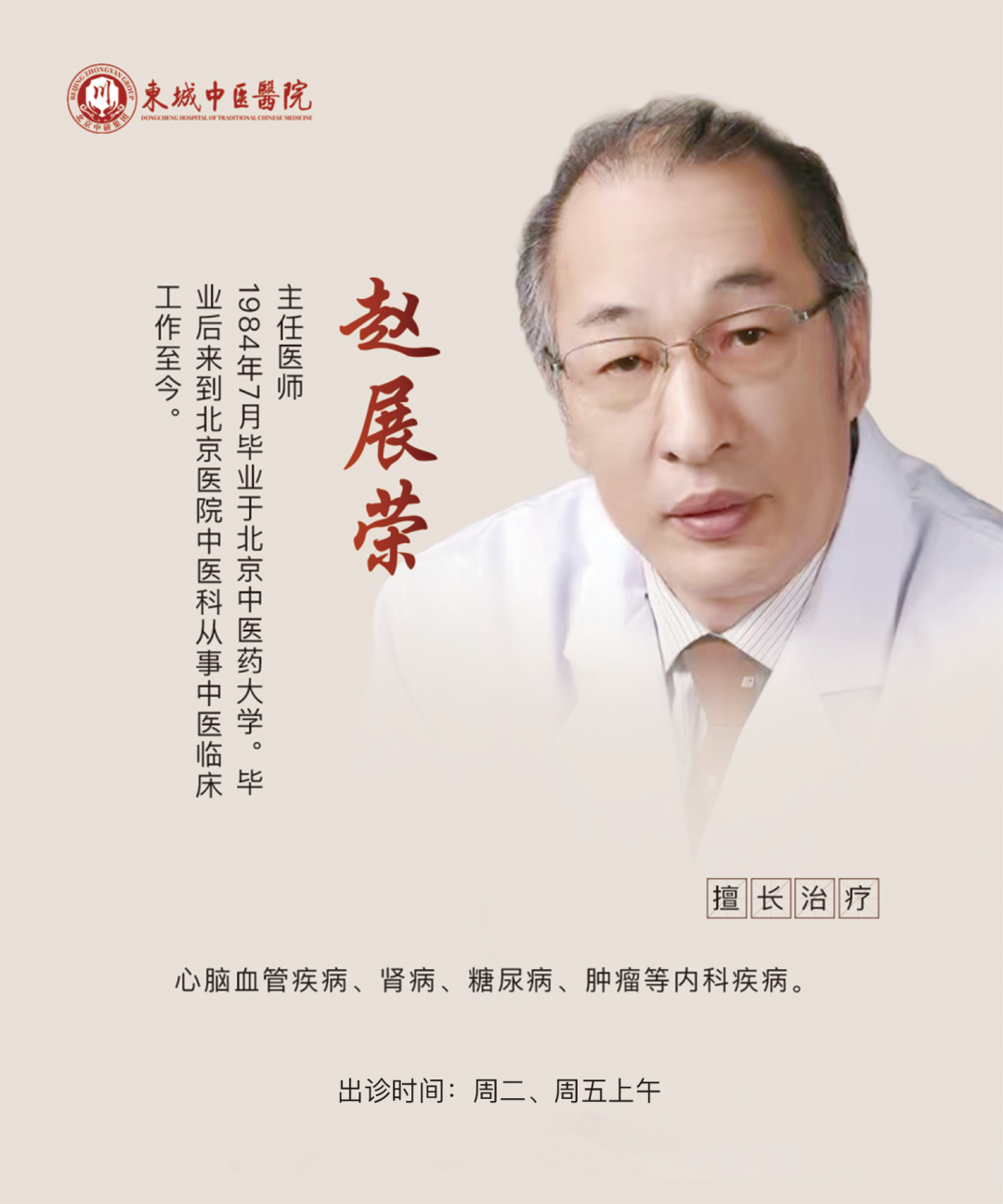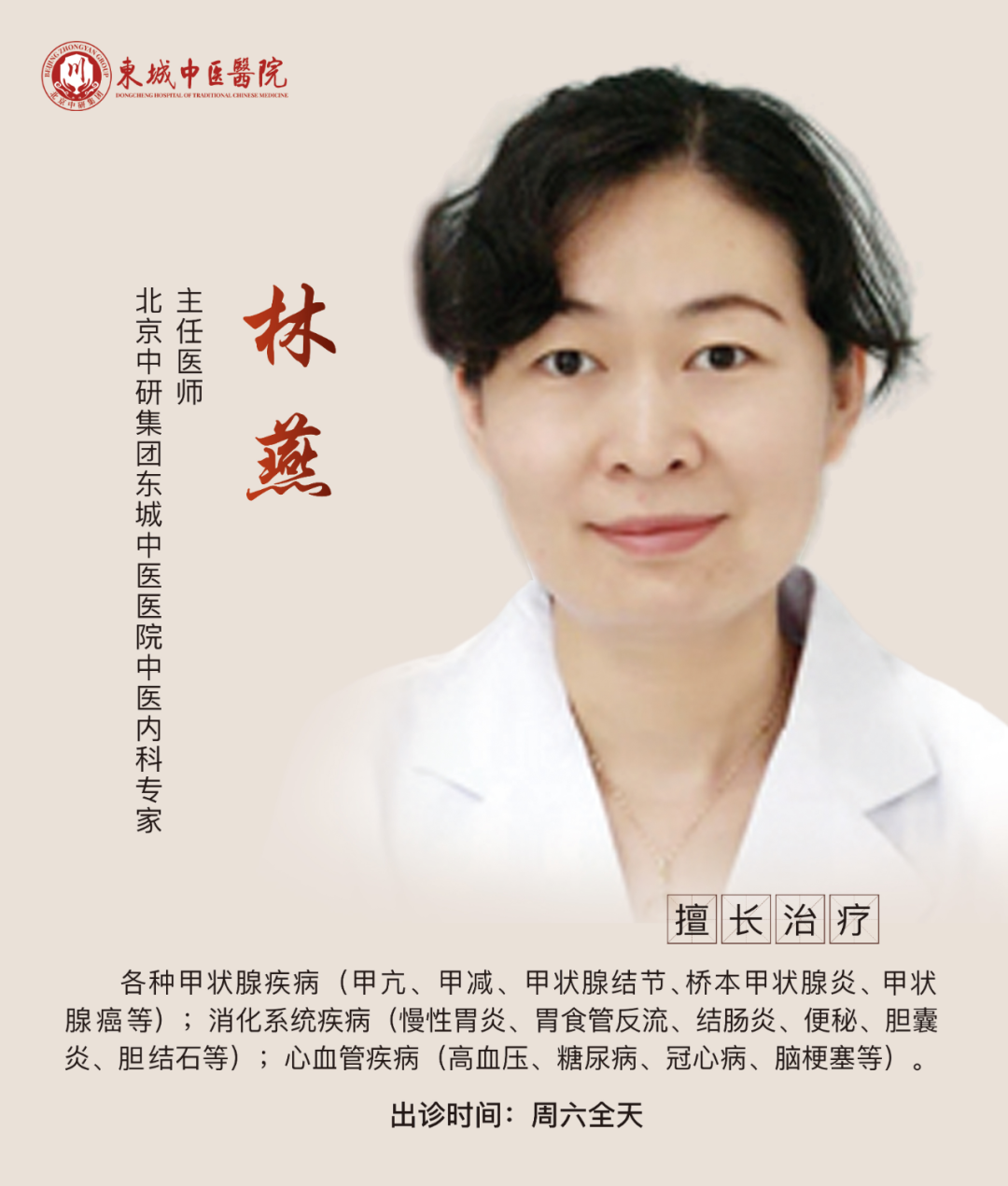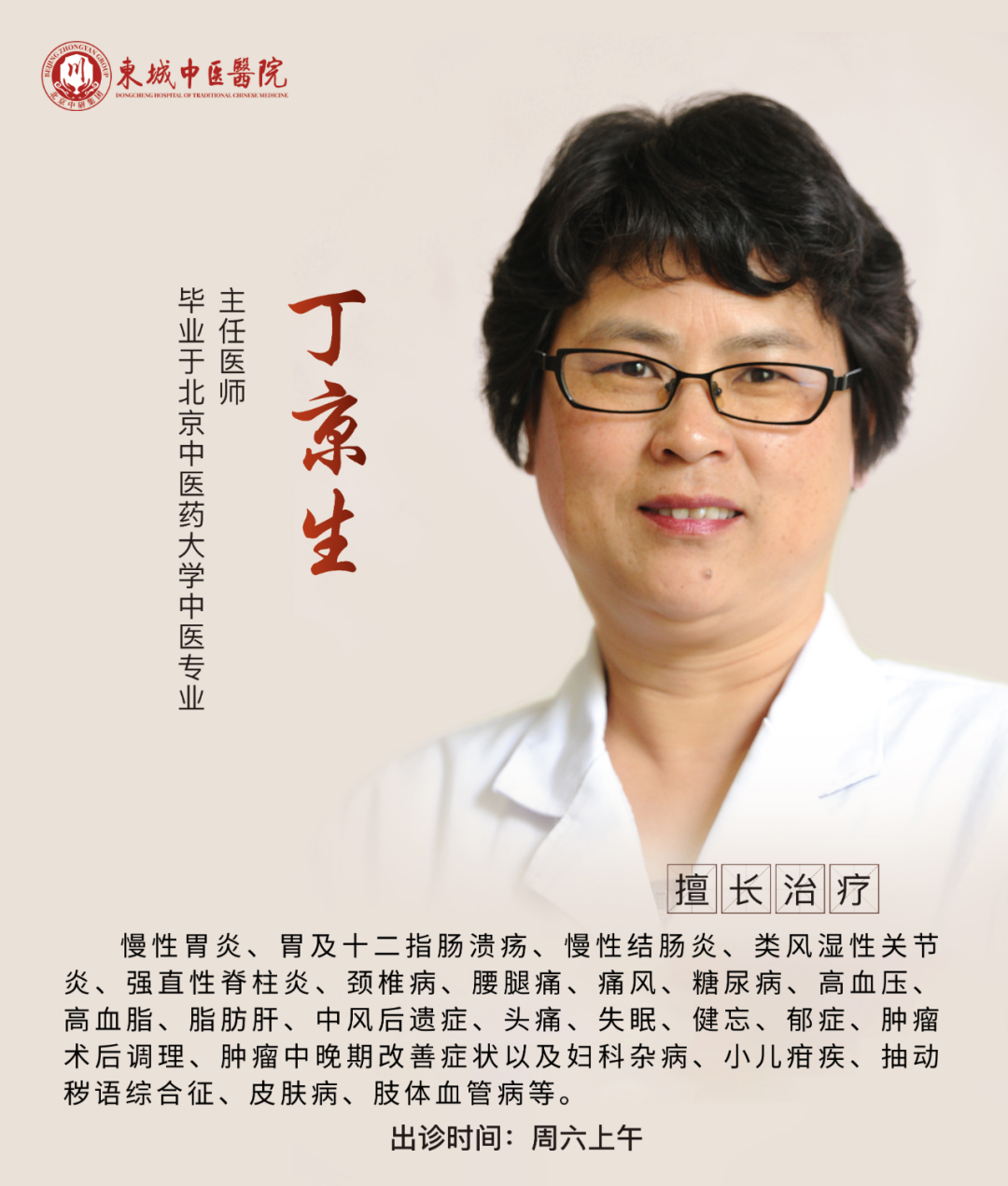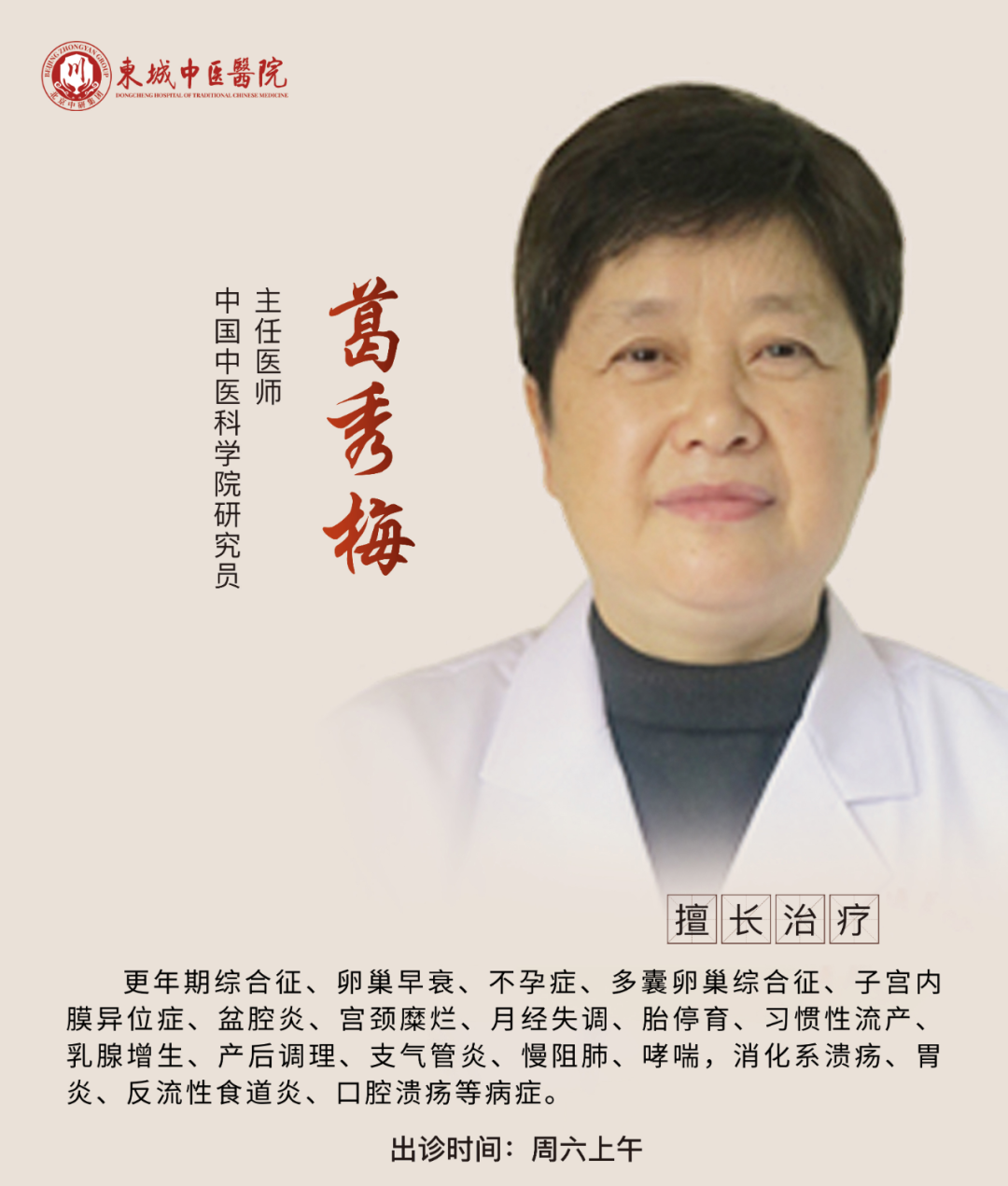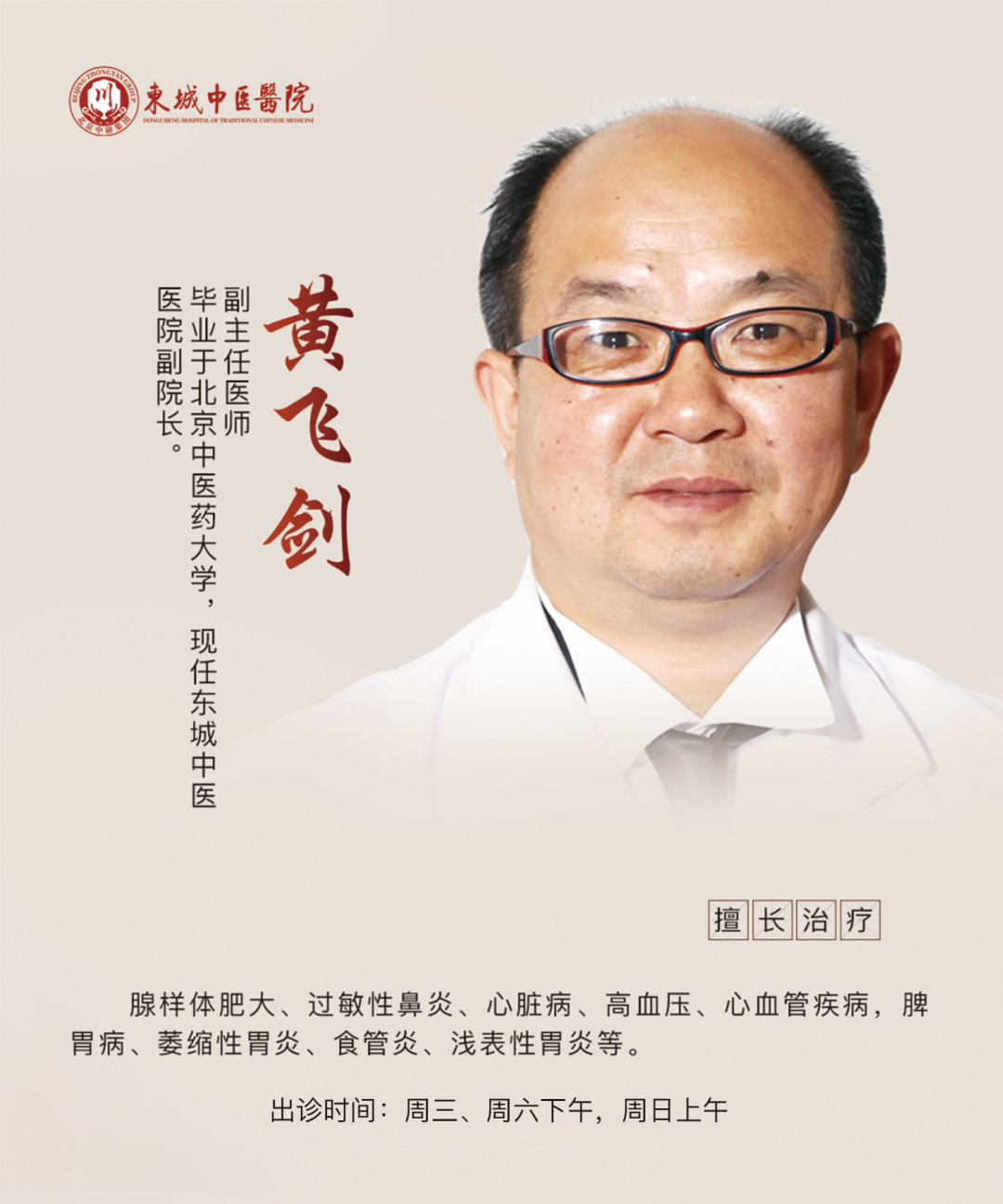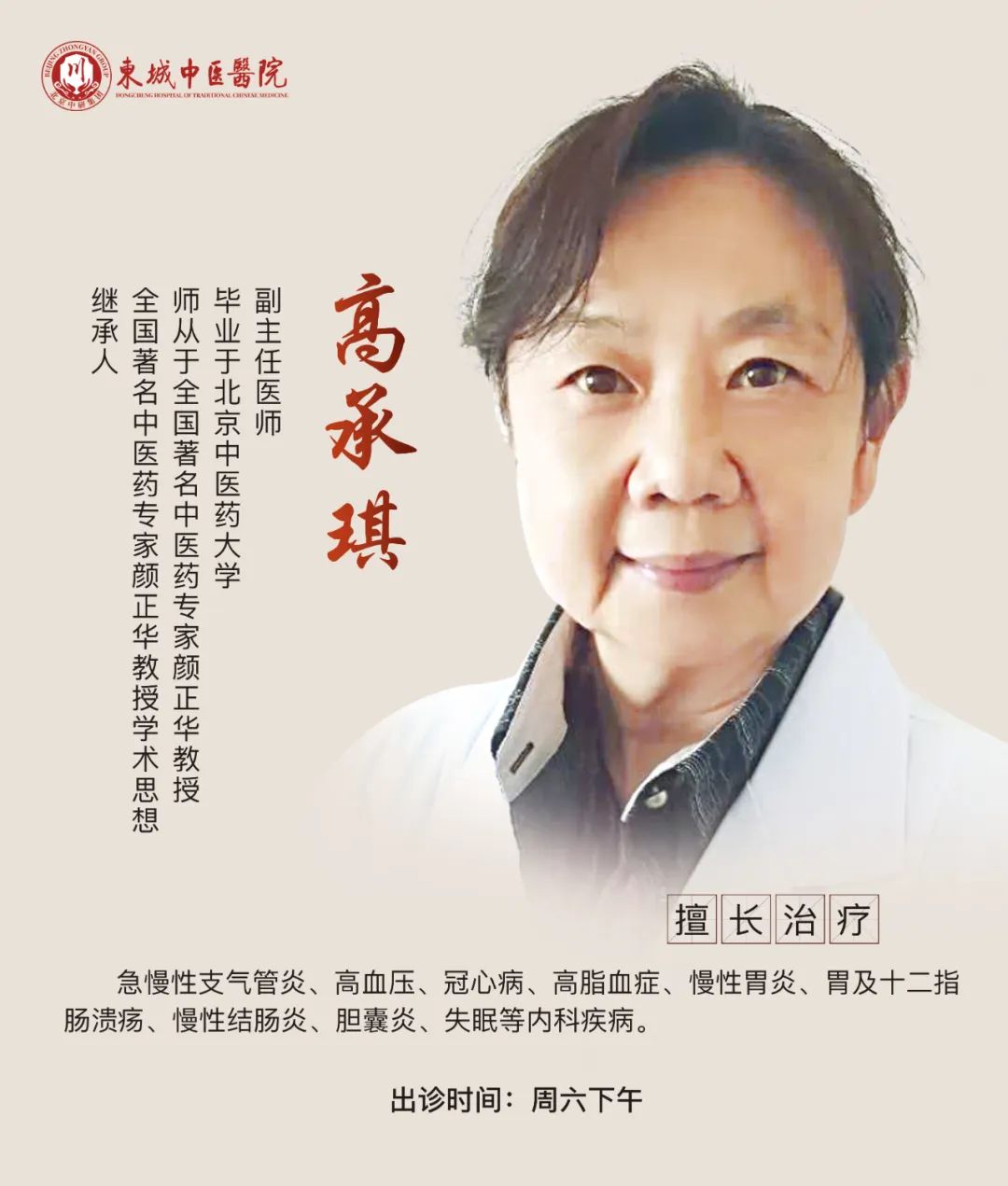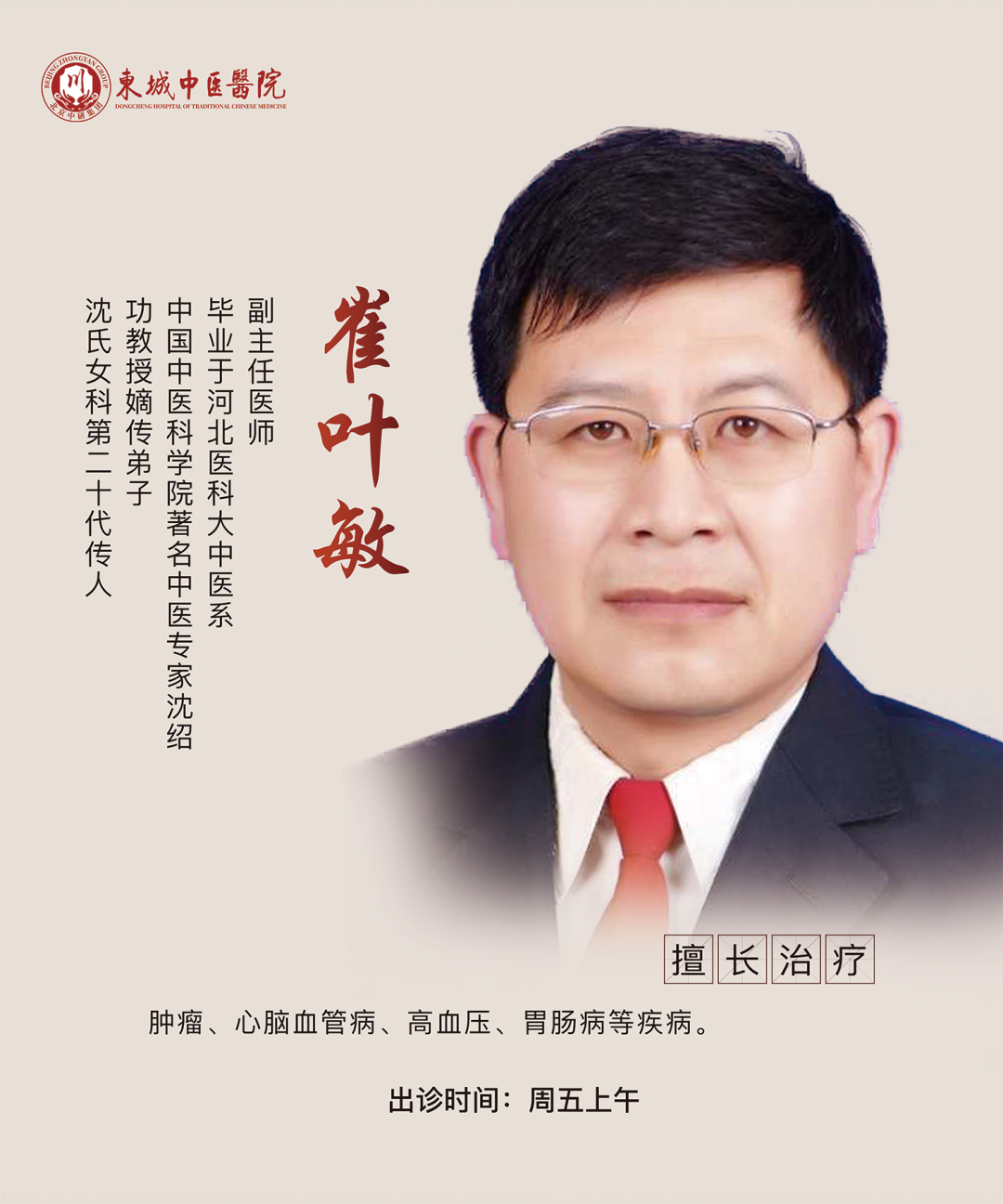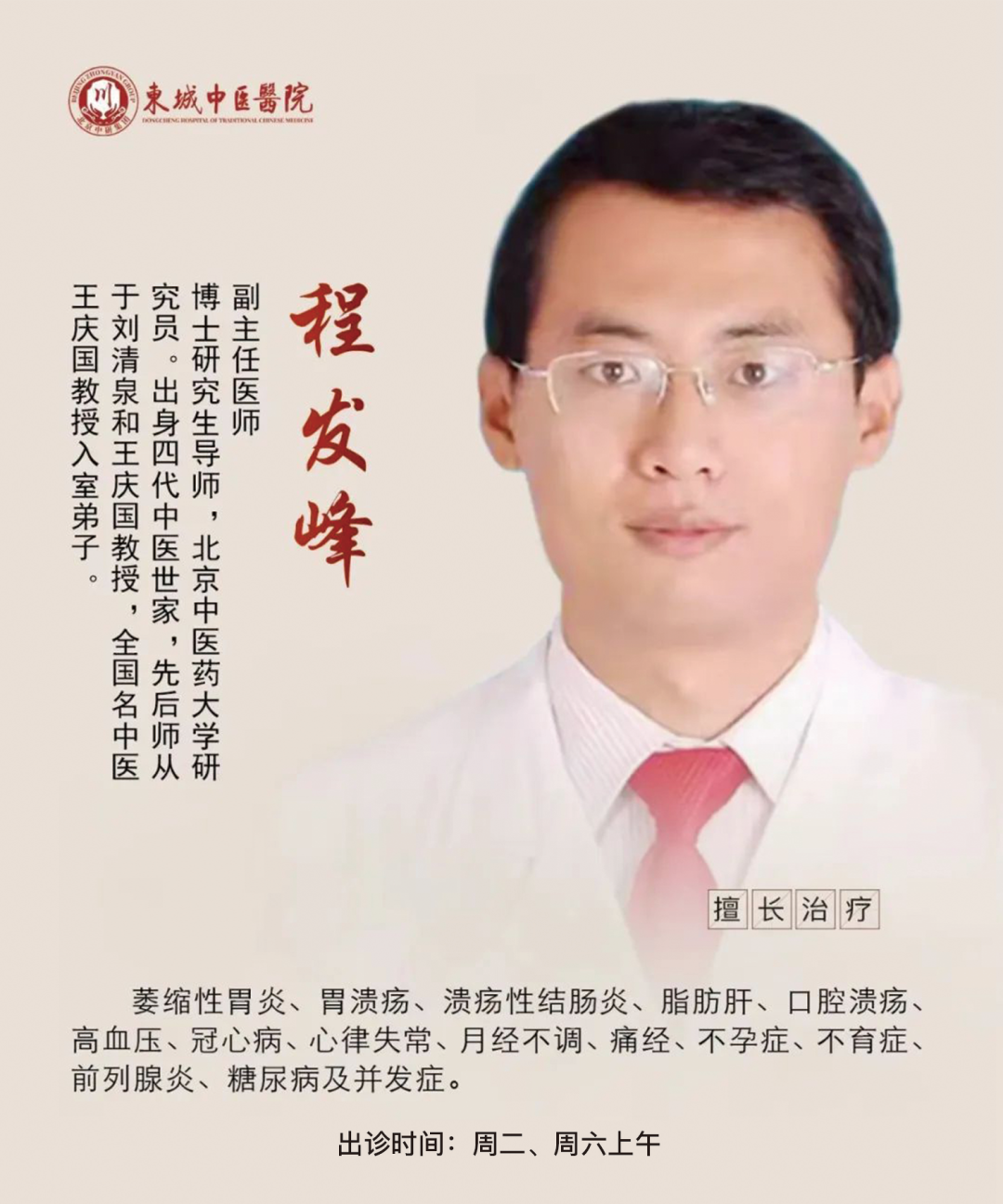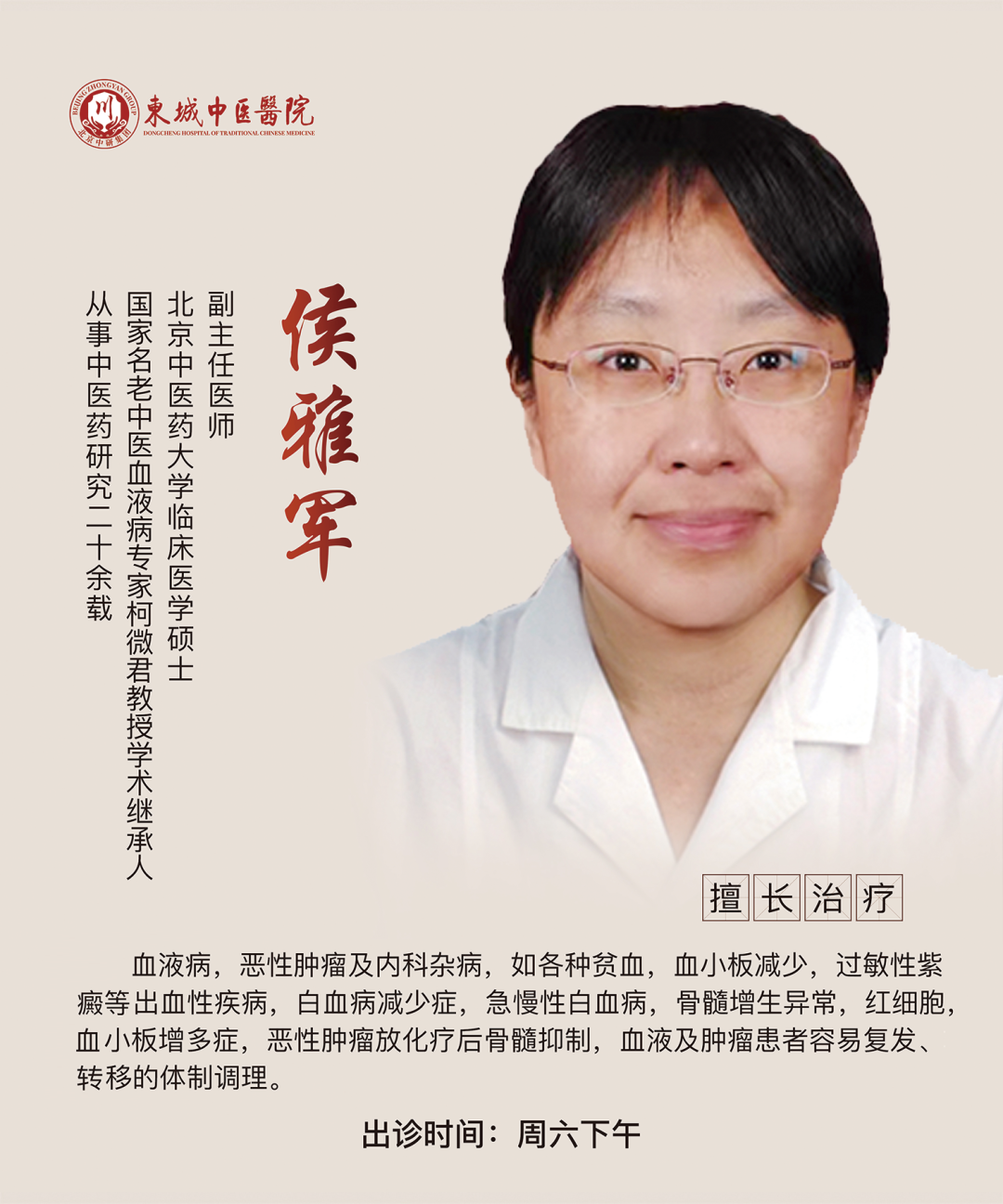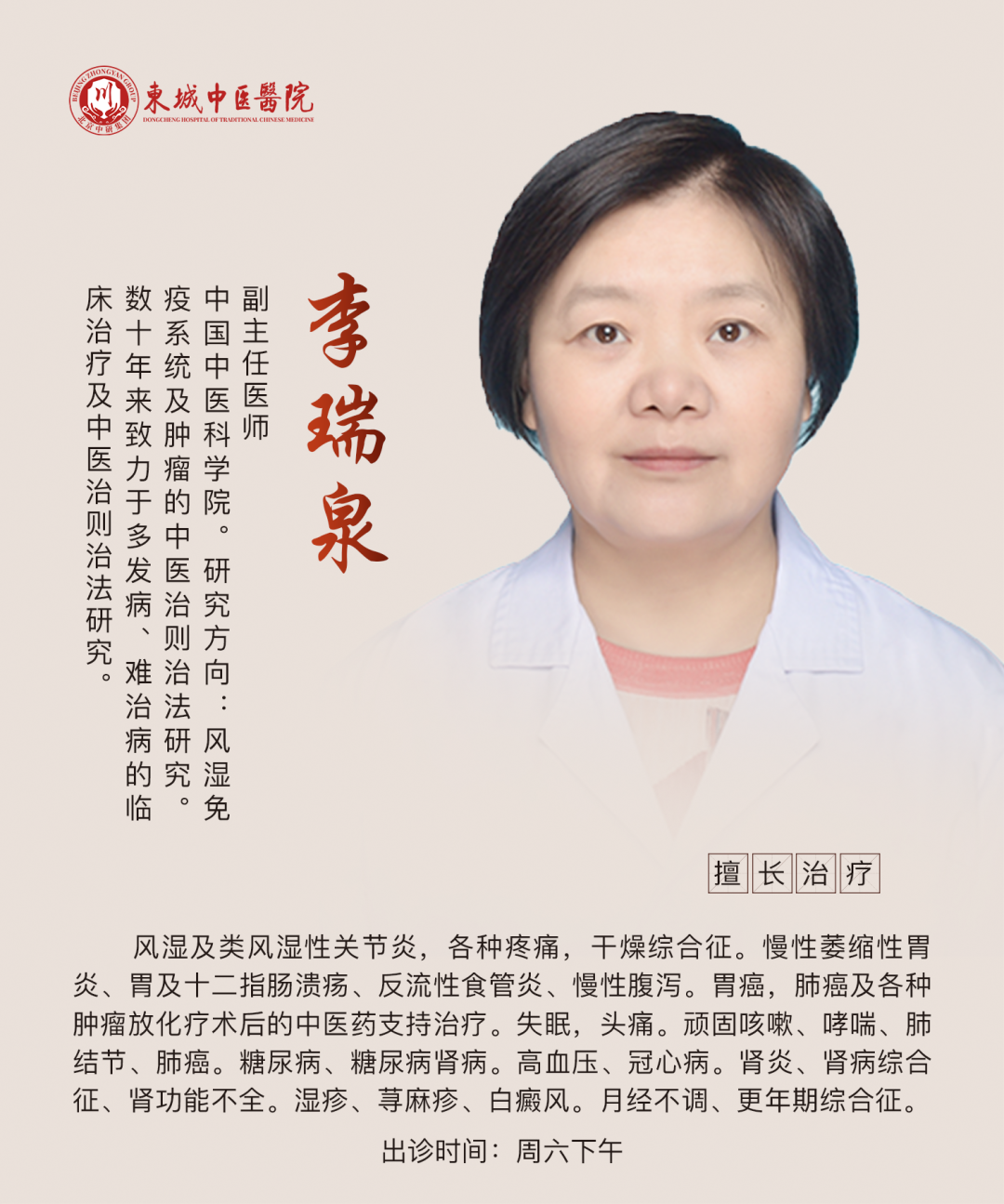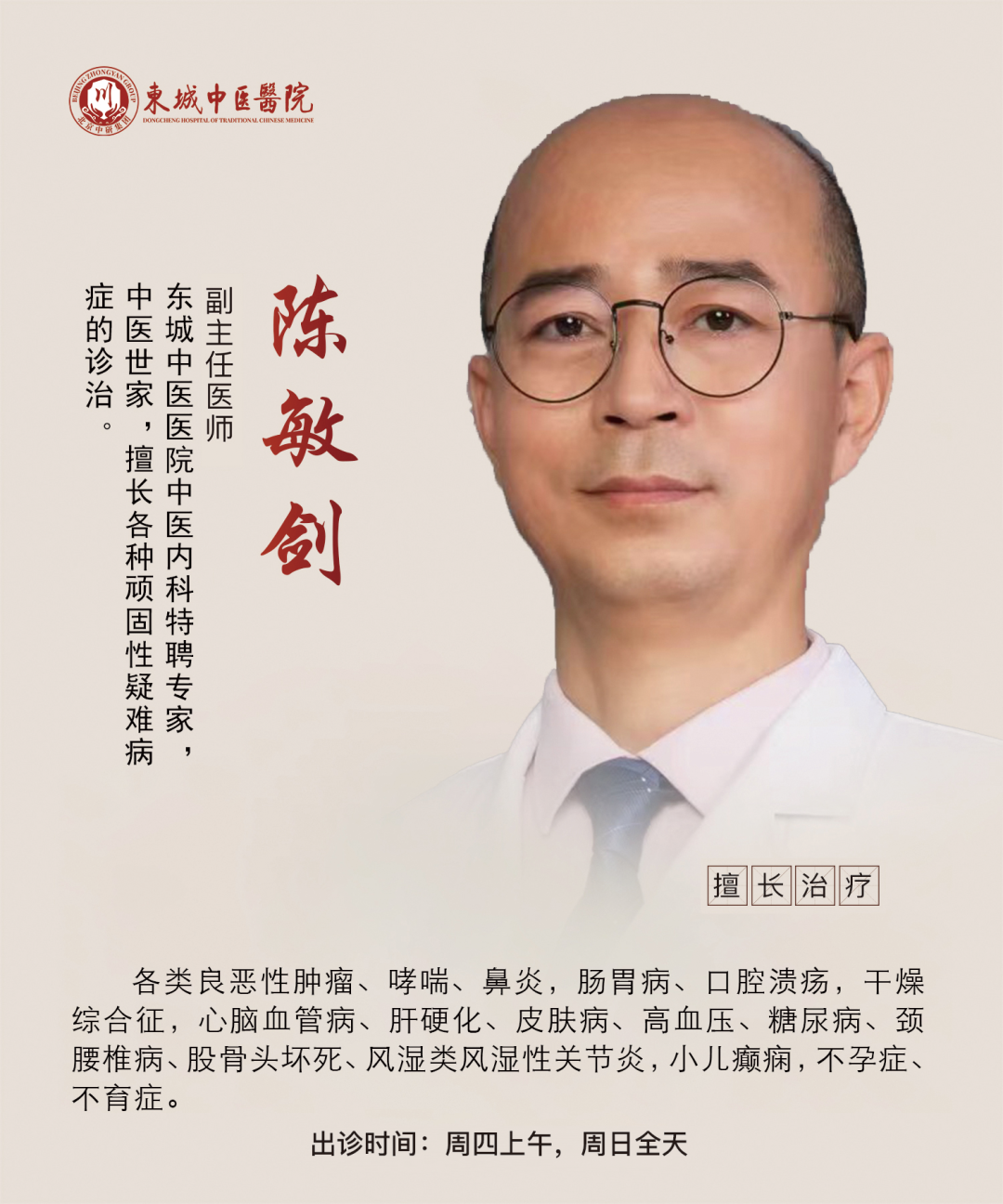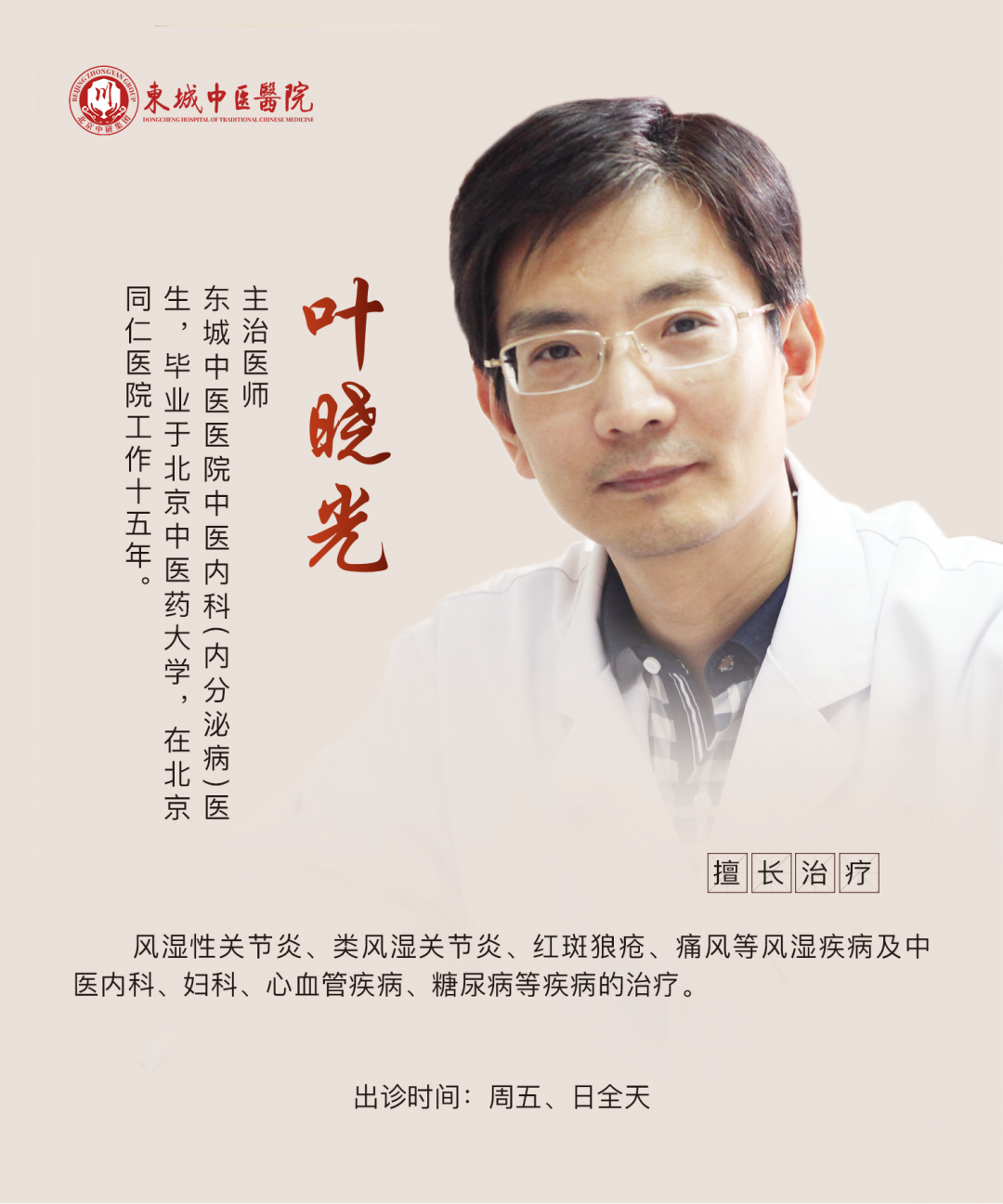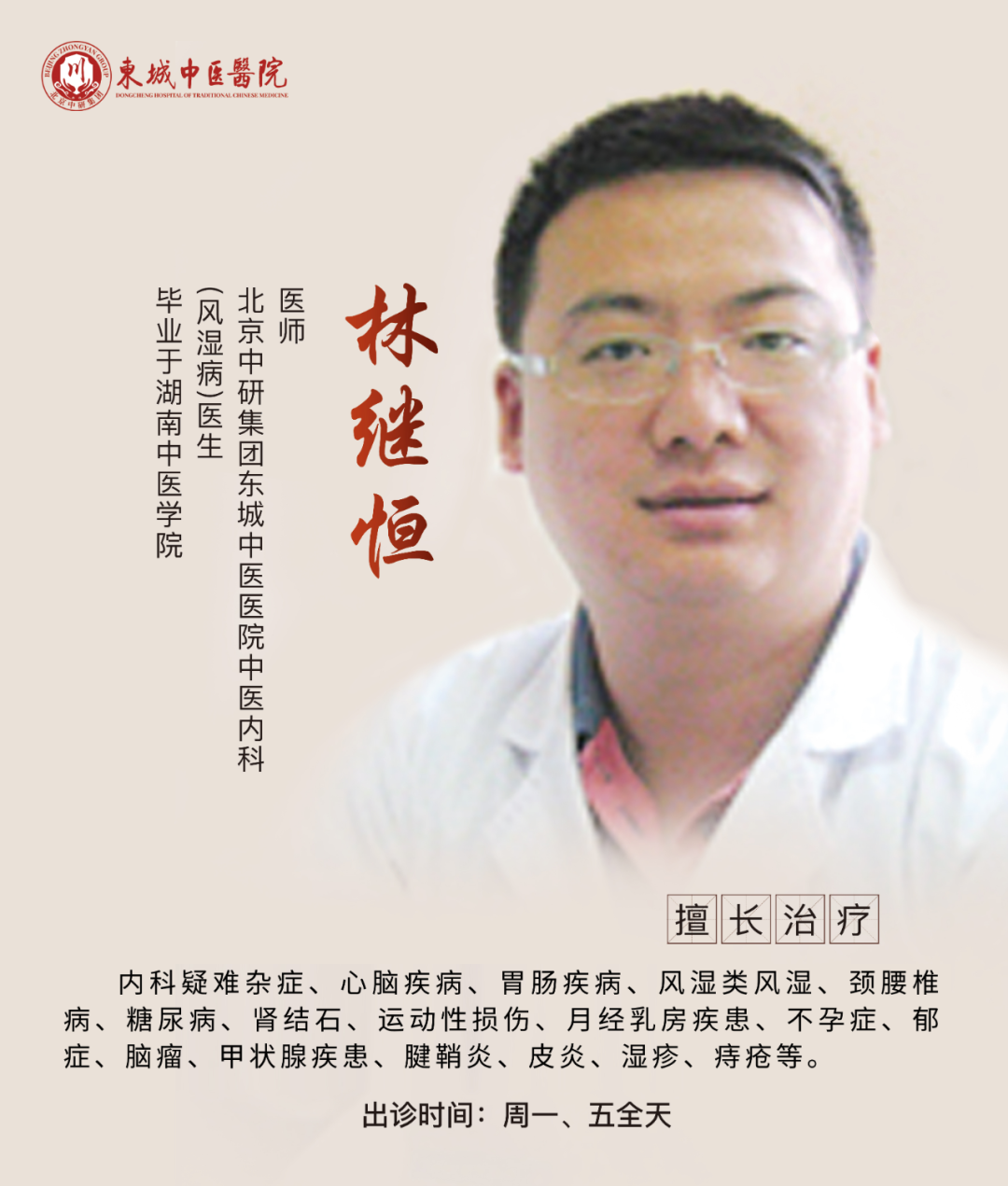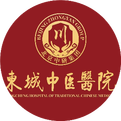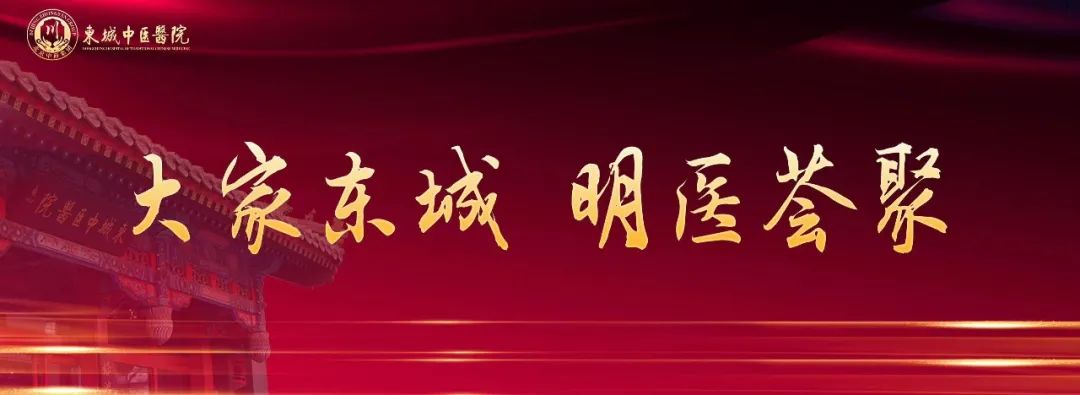
The “Classification and Determination of Body Constitutions” standard by the Chinese Association of Traditional Chinese Medicine categorizes body constitutions into nine basic types: Pinghe Zhi (平和质) (Balanced Constitution), Qi Xu Zhi (气虚质) (Qi Deficiency Constitution), Yang Xu Zhi (阳虚质) (Yang Deficiency Constitution), Yin Xu Zhi (阴虚质) (Yin Deficiency Constitution), Tan Shi Zhi (痰湿质) (Phlegm-Damp Constitution), Shi Re Zhi (湿热质) (Damp-Heat Constitution), Xue Yu Zhi (血瘀质) (Blood Stasis Constitution), Qi Yu Zhi (气郁质) (Qi Stagnation Constitution), and Te Bing Zhi (特禀质) (Allergic Constitution). Today, we will discuss the characteristics of each constitution and their corresponding disease prevention strategies.
Pinghe Zhi (平和质)
Well-proportioned and robust physique, with a rosy complexion and healthy skin, thick and shiny hair, bright eyes, rosy lips, not easily fatigued, energetic, good sleep and appetite, normal bowel and bladder functions, and a cheerful disposition.
Recommendations:
1. Avoid overeating or undereating, and avoid extremes of temperature in food.
2. Consume more whole grains, vegetables, and fruits, and limit greasy and spicy foods.
3. Young people can choose running or ball sports, while older adults should engage in moderate walking or Tai Chi.
Yang Xu Zhi (阳虚质)
Cold hands and feet, discomfort from cold foods. Generally quiet and introverted. This is characteristic of Yang Deficiency. Consuming cold foods can lead to discomfort, loose stools, and clear, copious urine.
Recommendations:
1. Eat more warming and Qi-nourishing foods, such as scallions, ginger, garlic, Sichuan pepper, leeks, chili peppers, and black pepper.
2. Limit consumption of cold foods like cucumbers, lotus root, pears, and watermelons.
3. Regularly massage acupoints such as Qihai (气海), Zusanli (足三里), and Yongquan (涌泉), or perform moxibustion on Zusanli and Guanyuan (关元).
Qi Xu Zhi (气虚质)
Weak voice, frequent spontaneous sweating, shortness of breath, and chronic fatigue characterize Qi Deficiency. Such individuals prefer quiet environments, feel discomfort from cold foods, have loose stools, and clear, copious urine. They tend to be introverted and are prone to colds, with a weak recovery ability after illness, and may suffer from organ prolapse, such as gastric ptosis.
Recommendations:
1. Eat more foods that tonify Qi and strengthen the spleen, such as soybeans, white lentils, shiitake mushrooms, jujubes, longan, and honey.
2. Engage in gentle exercises like walking or Tai Chi, and regularly massage the Zusanli acupoint.
Shi Re Zhi (湿热质)
Oily skin on the face and nose, prone to acne and boils, often experiencing bitter taste in the mouth, bad breath, or unusual mouth odors, sticky stools, and a burning sensation during urination with yellow urine. Women may experience yellowish vaginal discharge.
Recommendations:
1. Maintain a light diet, consuming more cooling and neutral foods like mung beans, water spinach, amaranth, celery, cucumbers, winter melon, lotus root, and watermelon.
2. Avoid smoking and drinking alcohol. Limit spicy and warming foods. Avoid staying up late and excessive fatigue.
3. Suitable exercises include middle-distance running, swimming, hiking, and various ball sports and martial arts.
Tan Shi Zhi (痰湿质)
Characterized by a broad and plump physique, soft and overweight abdomen, oily skin, excessive sweating, puffy eyes, and a tendency to feel drowsy.
Recommendations:
1. Maintain a light diet, consuming more scallions, garlic, seaweed, kelp, winter melon, radishes, kumquats, and mustard.
2. Limit fatty meats and sweet, sticky, oily foods.
3. Consider using formulas to resolve phlegm and eliminate dampness.
Yin Xu Zhi (阴虚质)
Heat intolerance, often feeling heat in the palms and soles, flushed cheeks, dry skin, dry mouth and throat, prone to insomnia, and often experiencing constipation, which indicates Yin Deficiency. Individuals with this constitution tend to be slender and cannot tolerate heat, often experiencing dry eyes, dry mouth, and a strong desire to drink water.
Recommendations:
1. Eat more cooling and moistening foods, such as mung beans, winter melon, sesame, and lily bulbs. Limit warming and drying foods.
2. Maintain a regular midday rest and avoid staying up late.
3. During intense exercise, control sweating and replenish fluids promptly.
Qi Yu Zhi (气郁质)
Individuals with Qi Stagnation are often sentimental, melancholic, and thin, frequently feeling downcast and sighing without reason. They may experience palpitations and insomnia, have fragile emotions, and are easily startled. They often feel distension and pain in the chest and sides, and a sensation of obstruction or foreign body in the throat, leading to insomnia.
Recommendations:
1. Eat more foods that promote Qi circulation, relieve stagnation, aid digestion, and invigorate the mind, such as wheat, scallions, garlic, kelp, seaweed, radishes, kumquats, and hawthorn.
2. Avoid stimulating beverages like tea and coffee before bedtime.
Xue Yu Zhi (血瘀质)
Gums bleed easily while brushing teeth, red streaks in the eyes, dry and rough skin, frequent pain, irritability, forgetfulness, and a quick temper characterize Blood Stasis.
Recommendations:
1. Consume more black beans, kelp, nori, radishes, carrots, hawthorn, vinegar, and green tea, which have blood-activating, stasis-dispelling, Qi-moving, and liver-soothing properties.
2. Limit fatty pork and ensure adequate sleep.
Te Bing Zhi (特禀质) (Allergic Constitution)
Individuals with allergies to pollen or certain foods are classified as having an Allergic Constitution in TCM. Such individuals may frequently experience nasal congestion, sneezing, and runny nose even without a cold, and are prone to asthma.
Recommendations:
1. Maintain a light and balanced diet, with appropriate combinations of coarse and fine grains, and a reasonable mix of meat and vegetables.
2. Limit consumption of buckwheat, fava beans, white lentils, beef, goose, eggplant, and strong tea, as well as foods containing allergens.
Disease Prevention Strategies for the Nine Body Types
Individuals with a Pinghe Zhi (平和质) (Balanced Constitution) are generally less prone to illness compared to other constitutions.
Those with a Yang Xu Zhi (阳虚质) (Yang Deficiency Constitution) are prone to phlegm retention, swelling, and diarrhea; they are susceptible to cold-induced illnesses.
Individuals with a Yin Xu Zhi (阴虚质) (Yin Deficiency Constitution) are prone to fatigue, seminal loss, and insomnia; they are susceptible to heat-induced illnesses.
Those with a Qi Xu Zhi (气虚质) (Qi Deficiency Constitution) are prone to colds and organ prolapse, with slow recovery after illness.
Individuals with a Tan Shi Zhi (痰湿质) (Phlegm-Damp Constitution) are prone to thirst, stroke, and chest obstruction.
Those with a Shi Re Zhi (湿热质) (Damp-Heat Constitution) are prone to sores, jaundice, and heat dysuria.
Individuals with a Xue Yu Zhi (血瘀质) (Blood Stasis Constitution) are prone to masses and pain syndromes, as well as blood disorders.
Those with a Qi Yu Zhi (气郁质) (Qi Stagnation Constitution) are prone to organ distress, plum pit qi, lily disease, and depressive disorders.
Individuals with a Te Bing Zhi (特禀质) (Allergic Constitution) are prone to asthma, urticaria, pollen allergy, and drug allergies; they may also have hereditary diseases like hemophilia and congenital mental retardation, as well as fetal transmission diseases like five delays, five softs, and fetal fright.
Public Account Affairs Center

 Previous Recommendations:
Previous Recommendations:
Consult a Renowned Physician | Master of Traditional Chinese Medicine Chao Enxiang’s Academic Experience Inheritance by Wang Xinqiu: Expel Wind and Stop Cough, Nourish Lung and Kidney
Is your rhinitis recurring in autumn and winter? Try these tips to relieve it!
Stomach pain, bloating, constipation… How to exercise and nurture various minor ailments?
